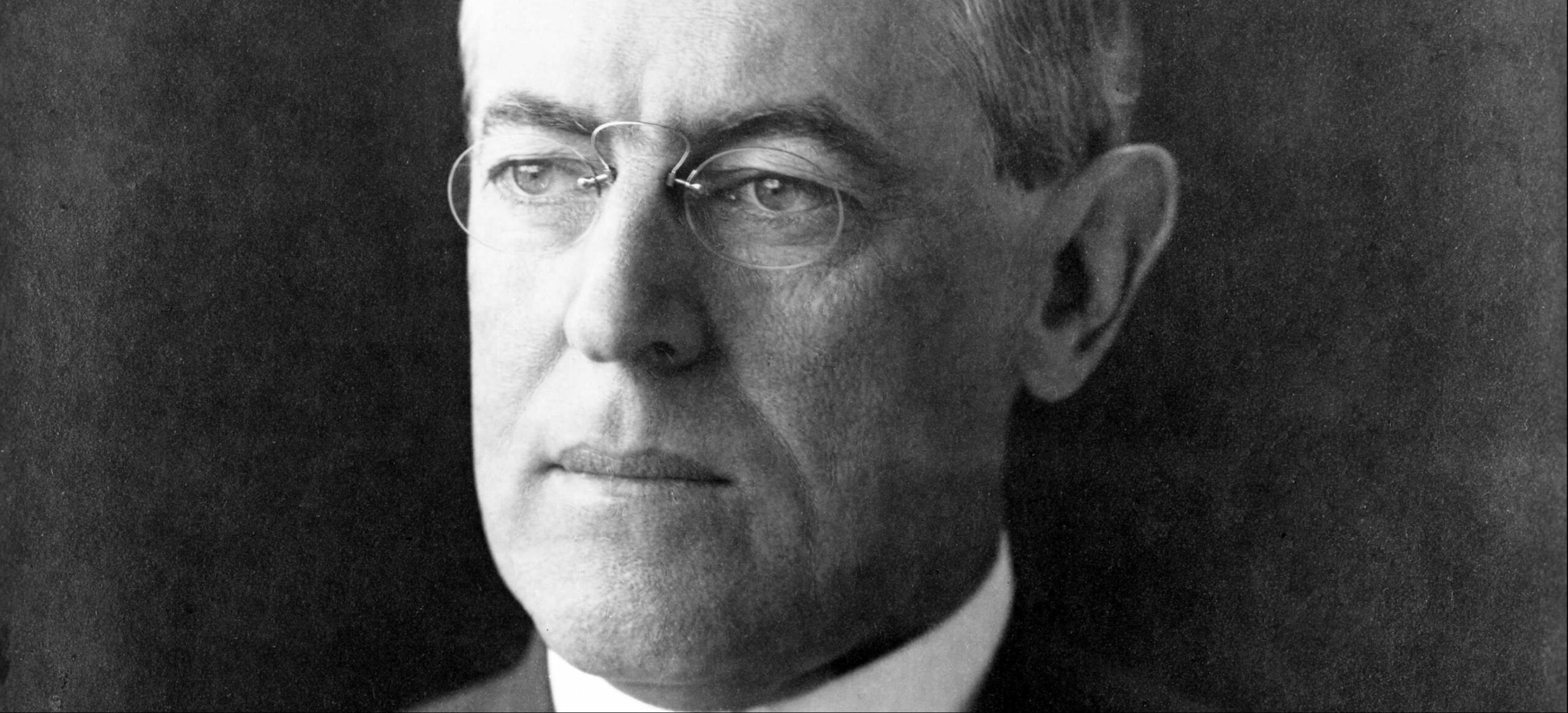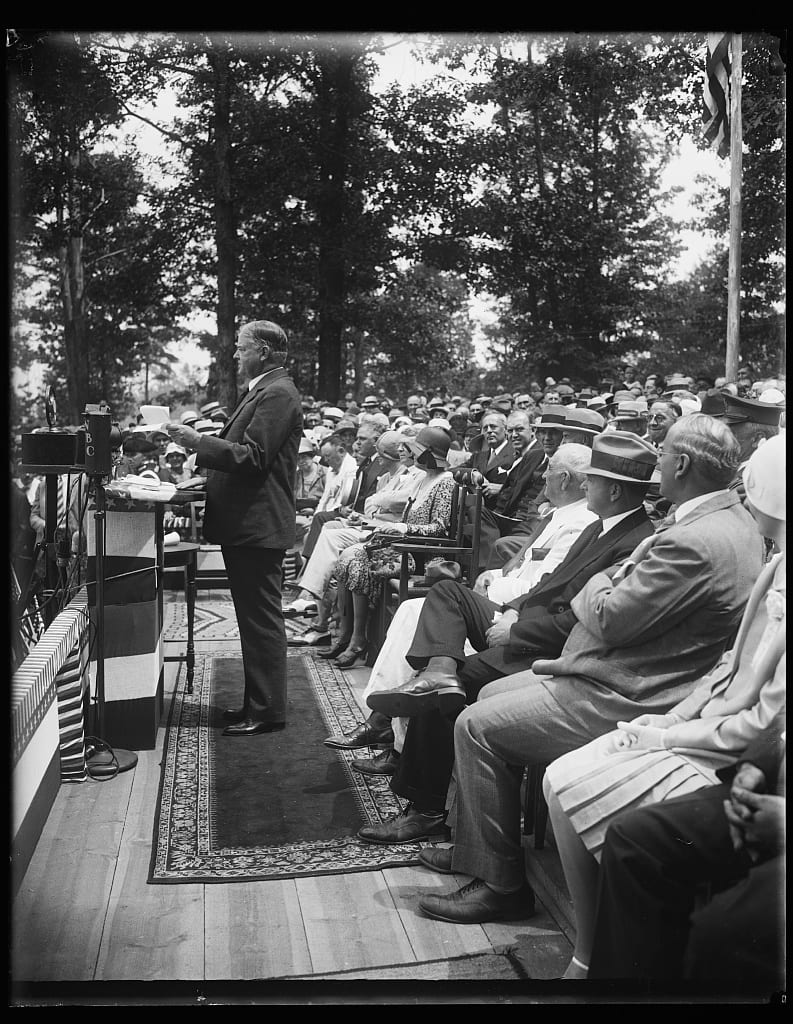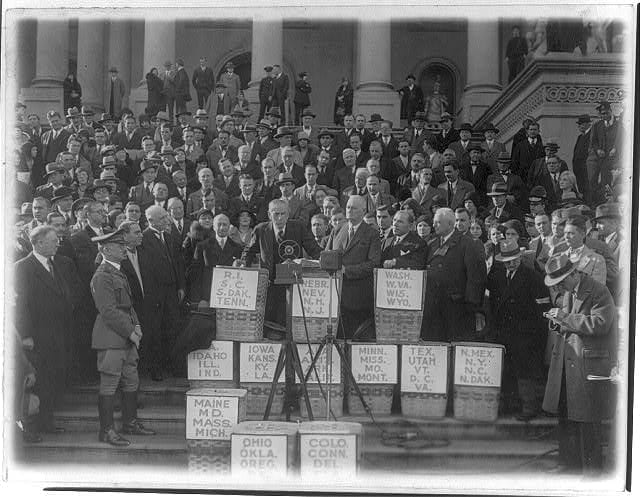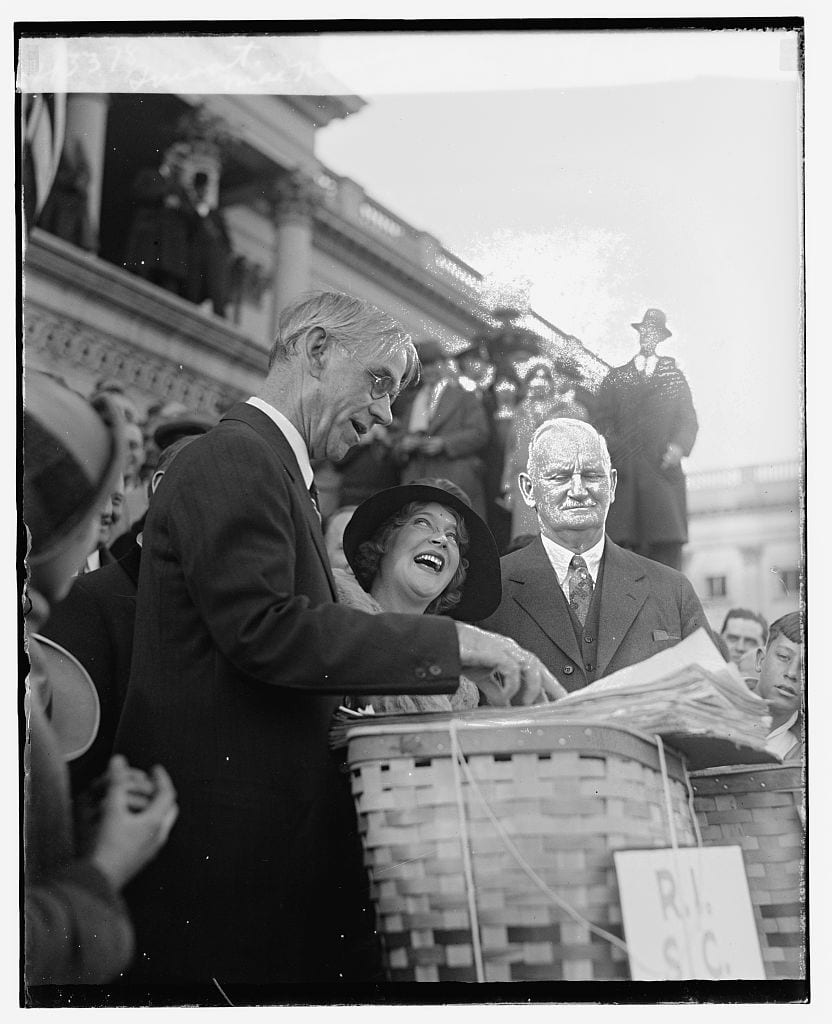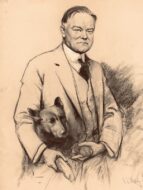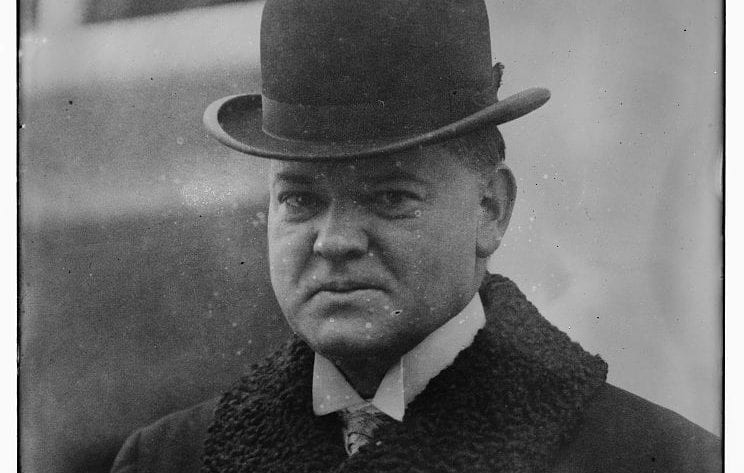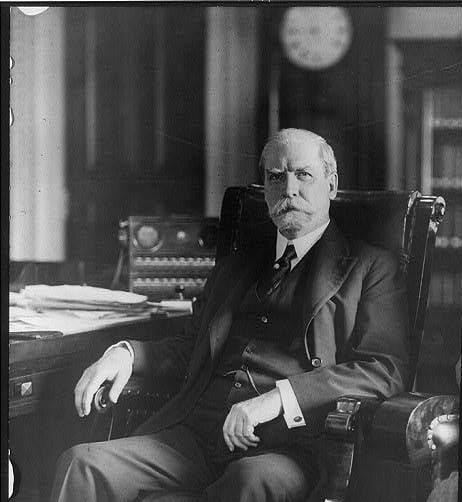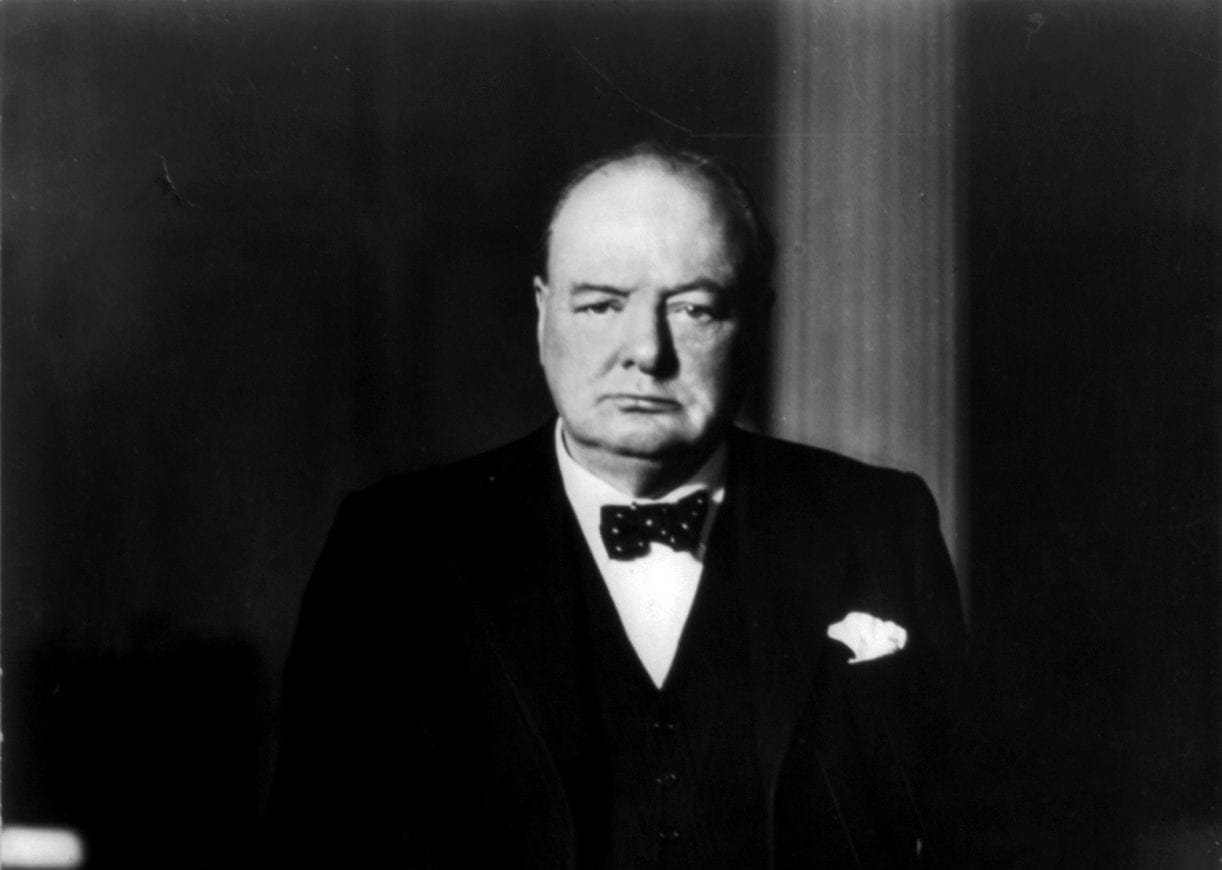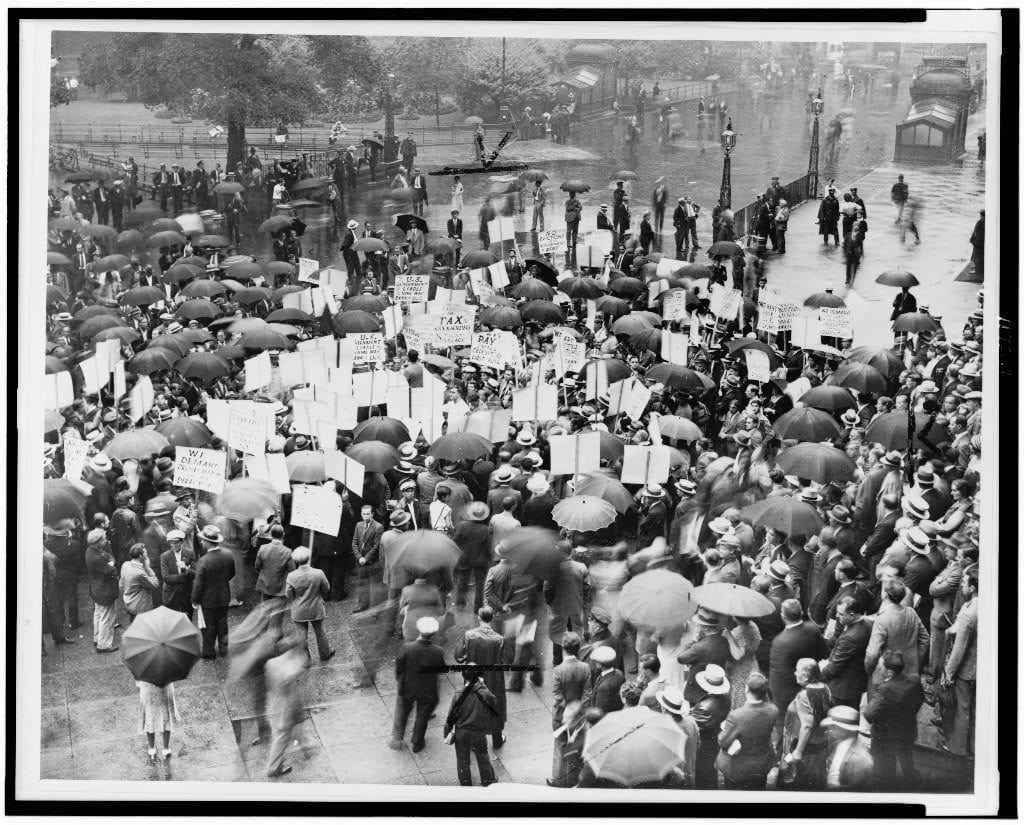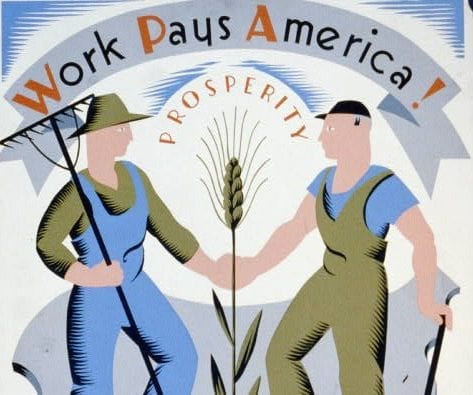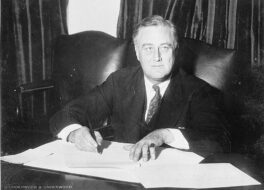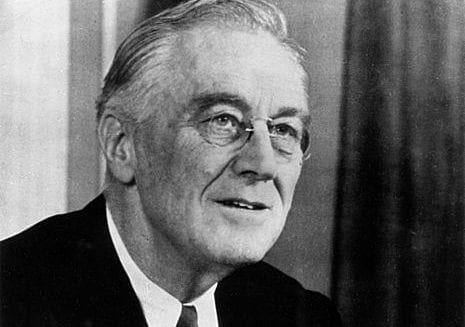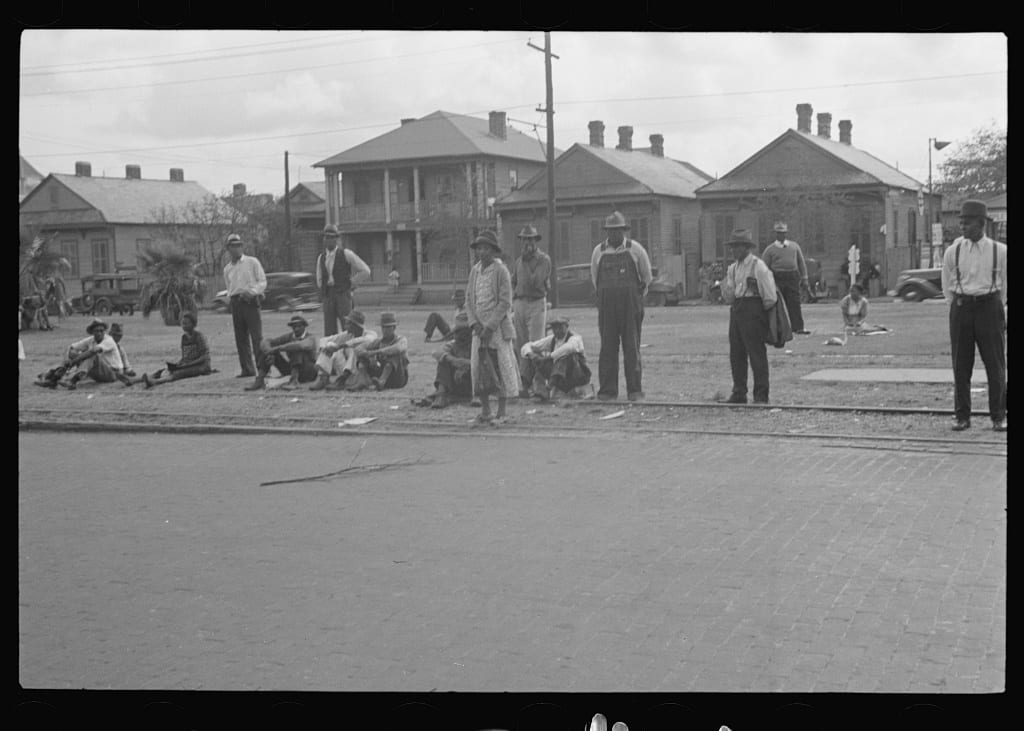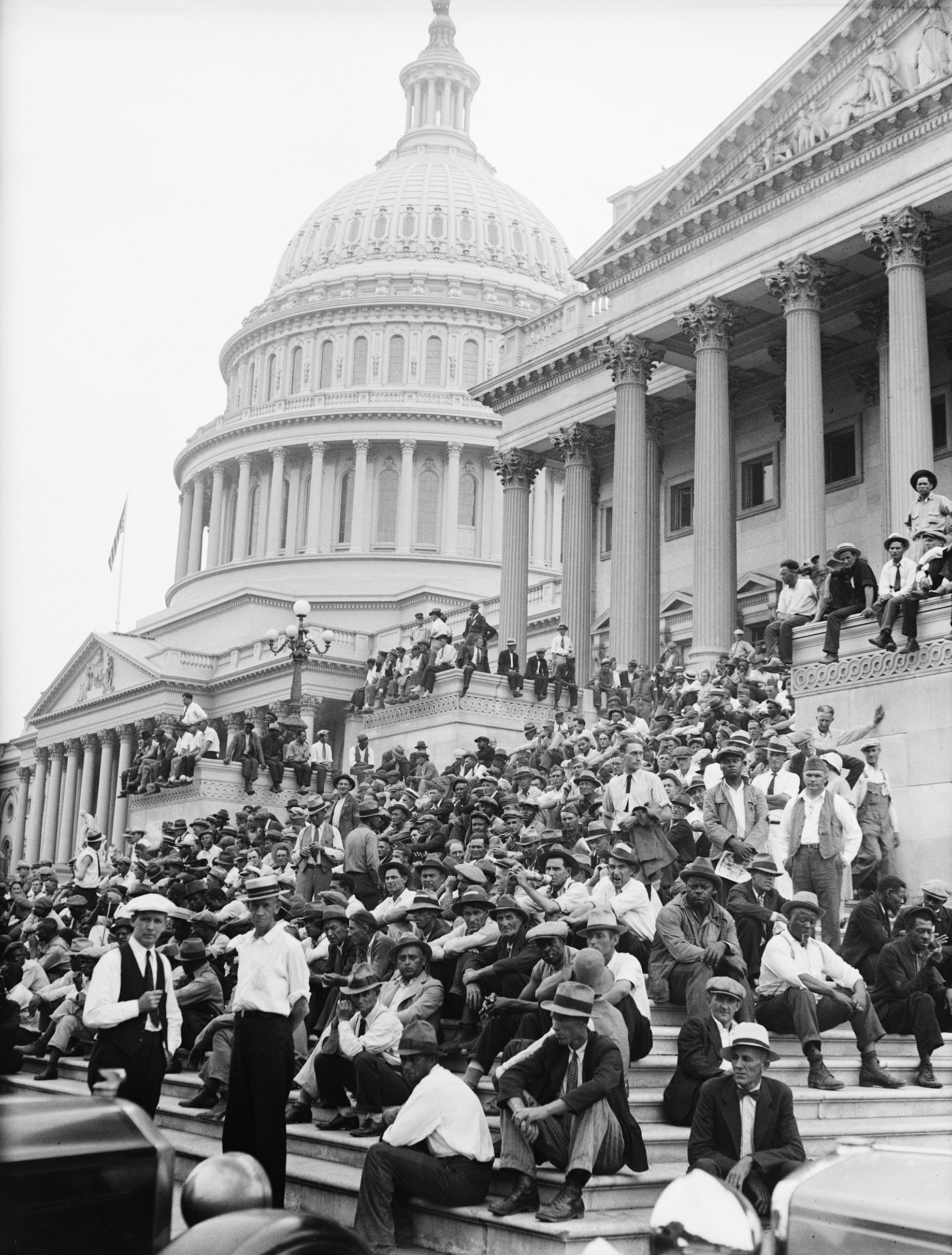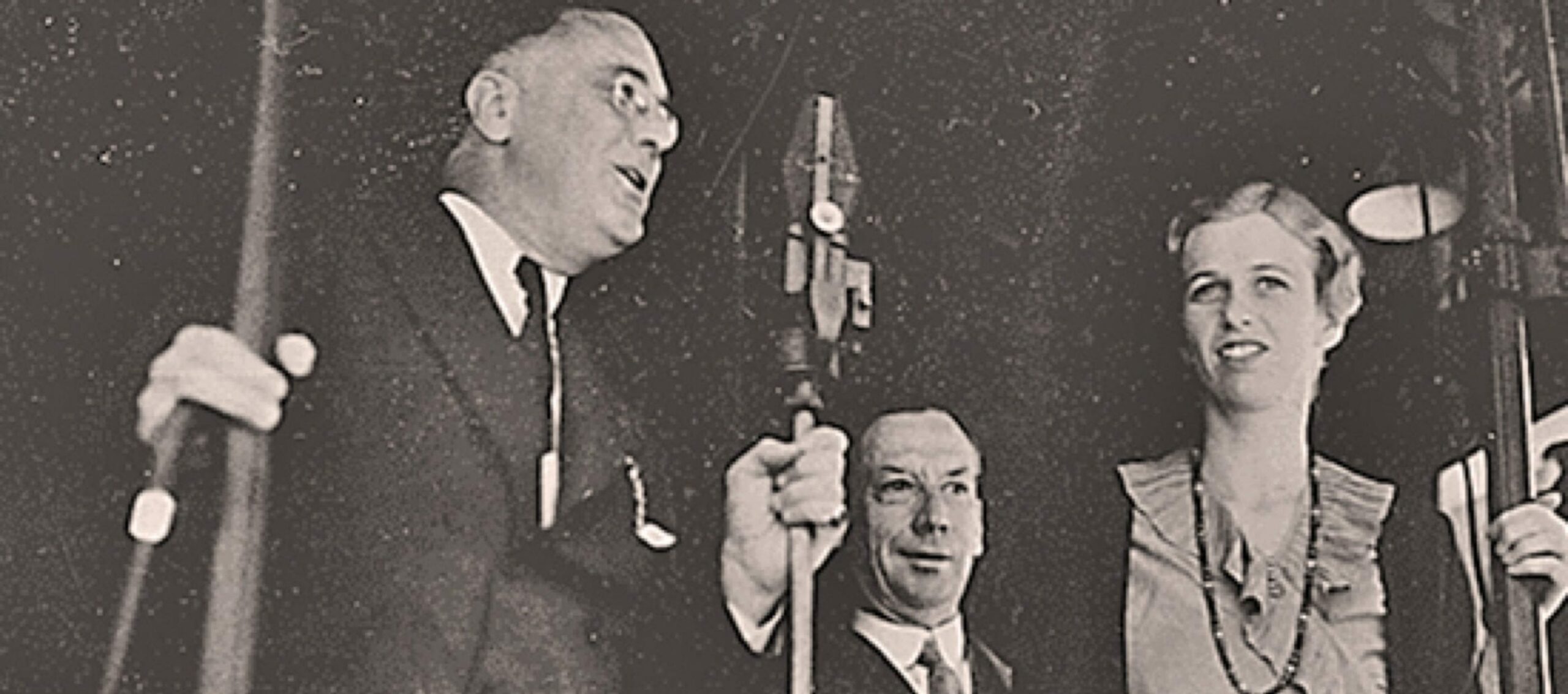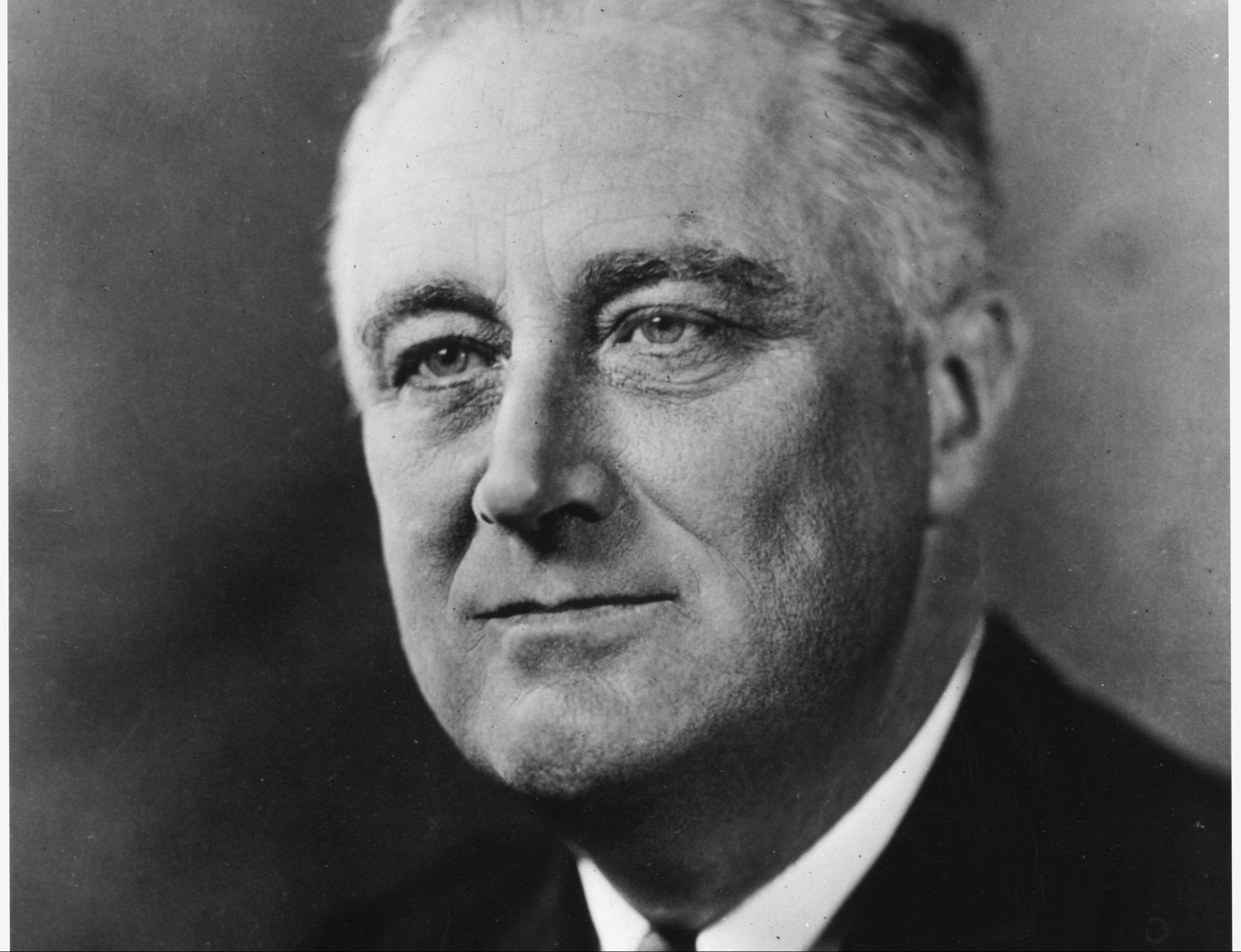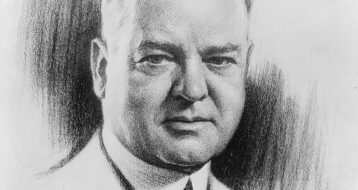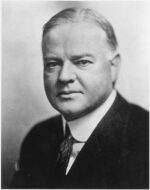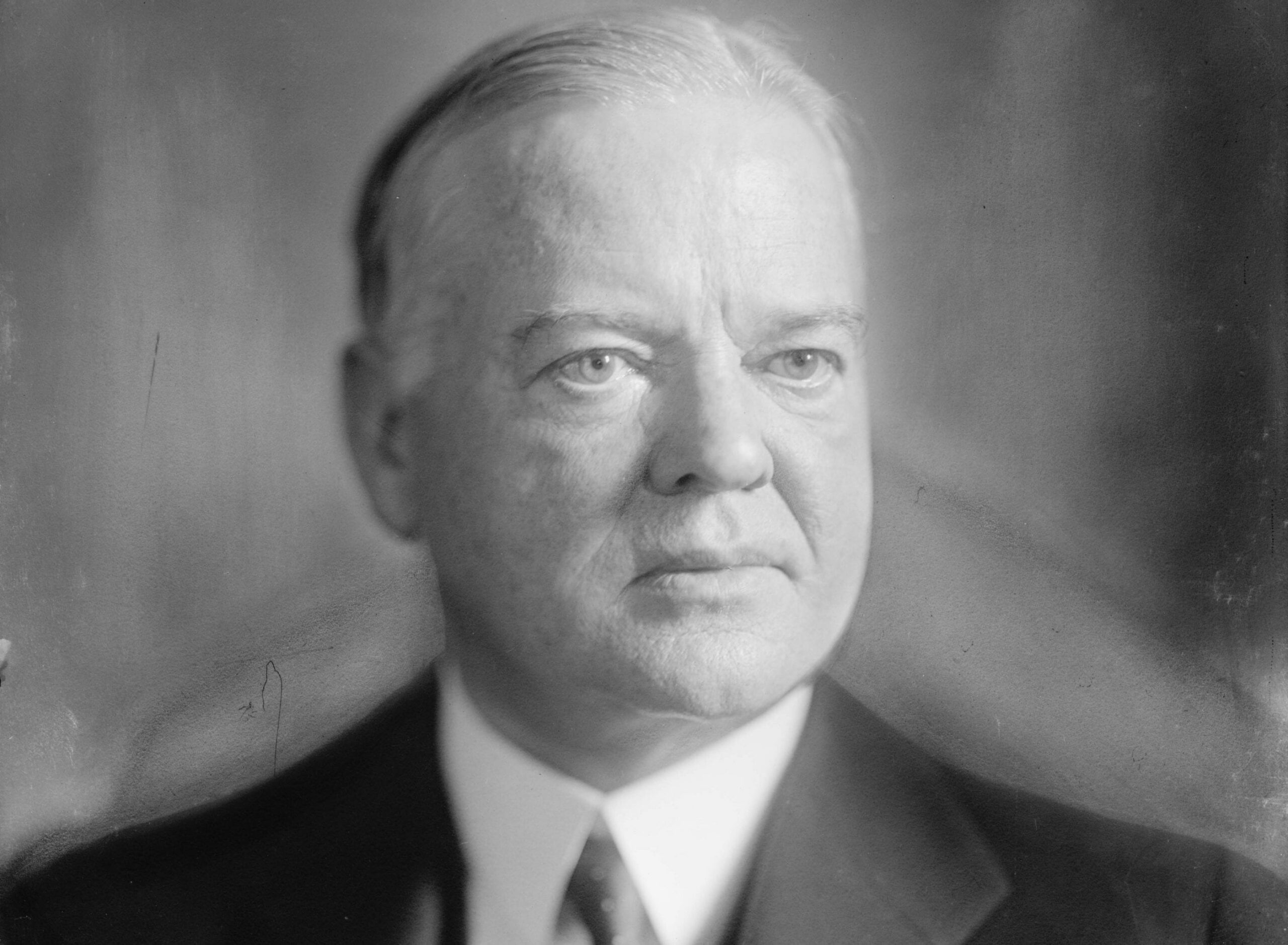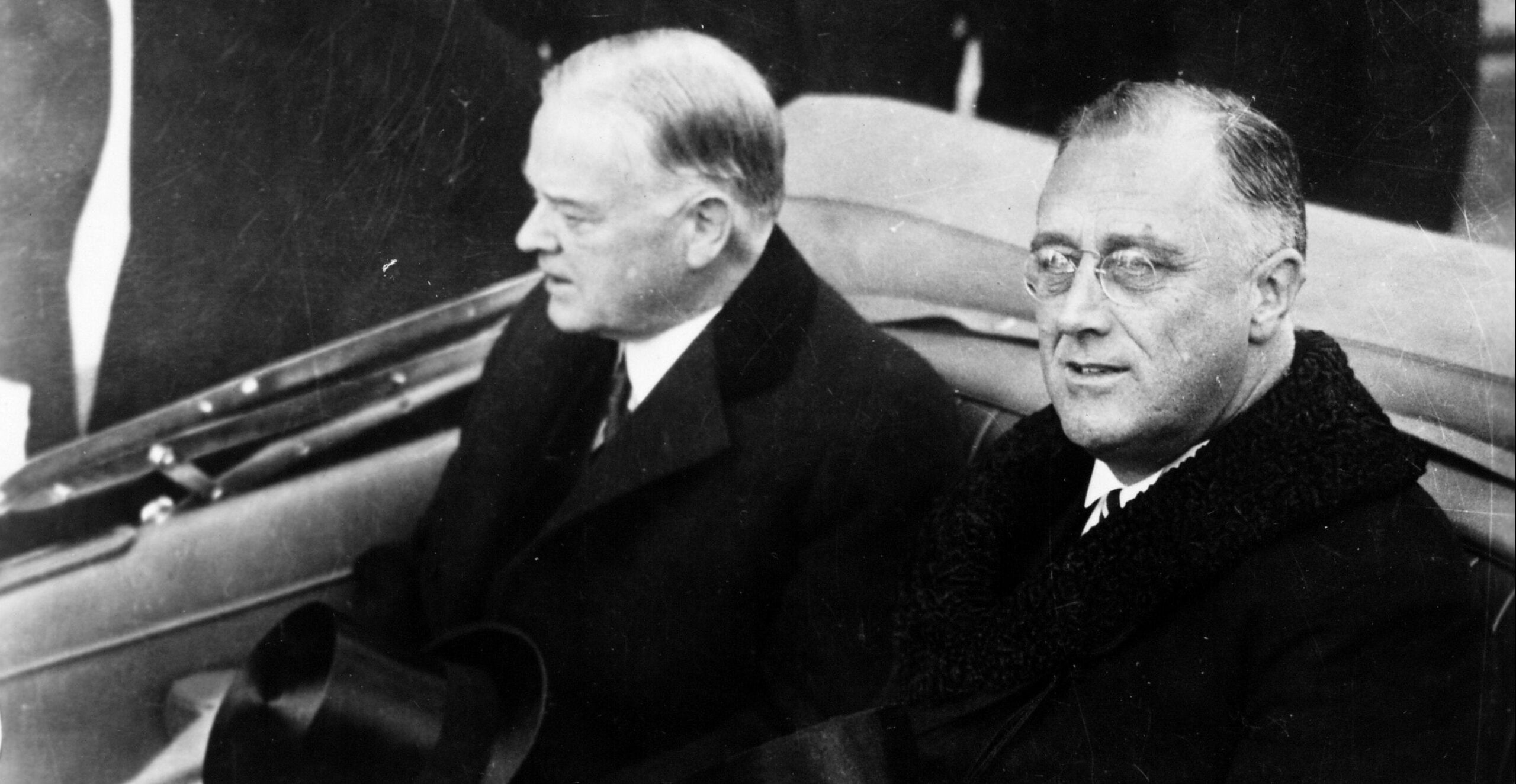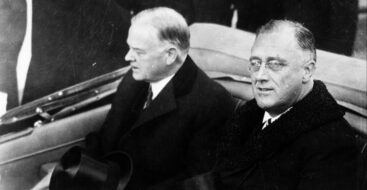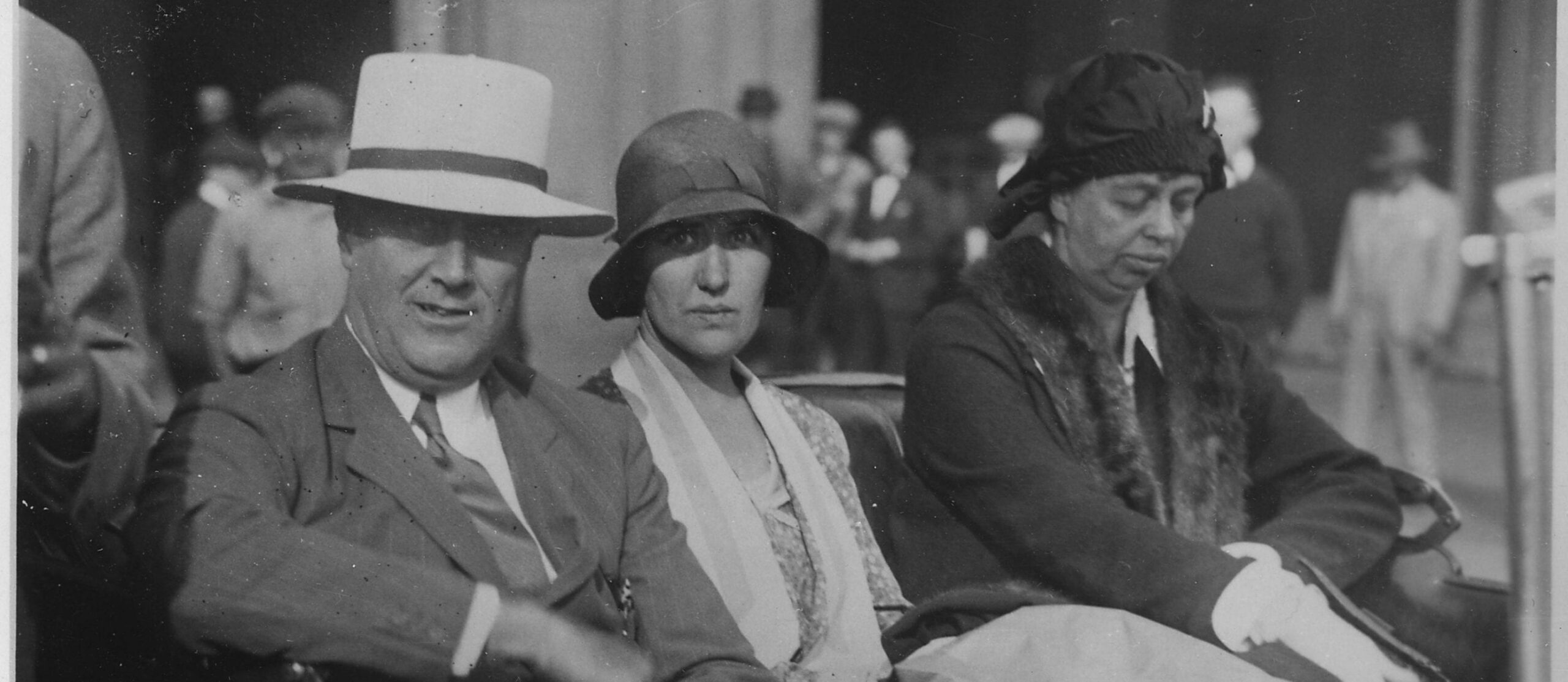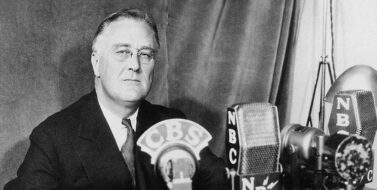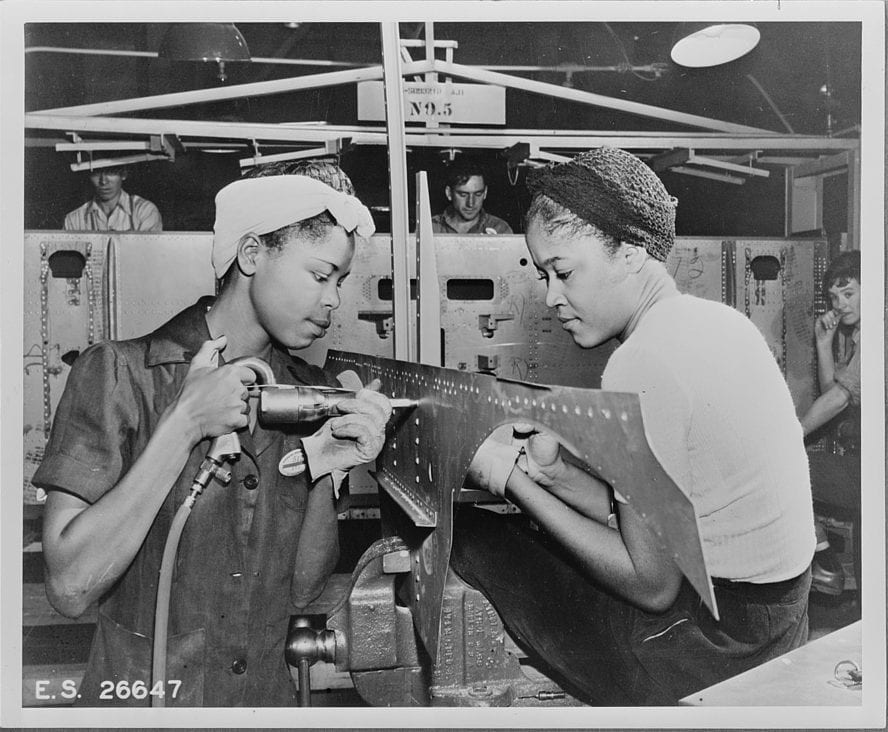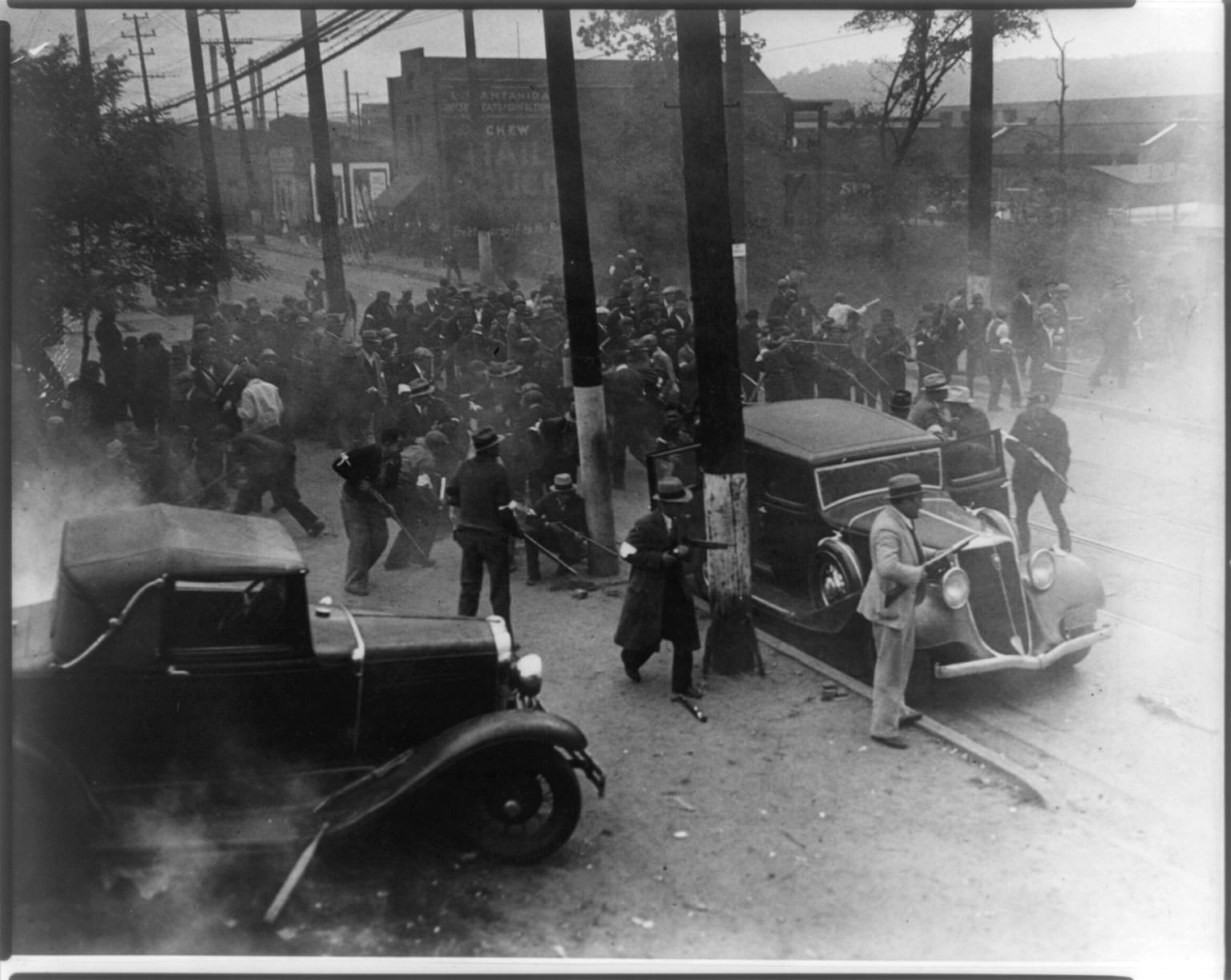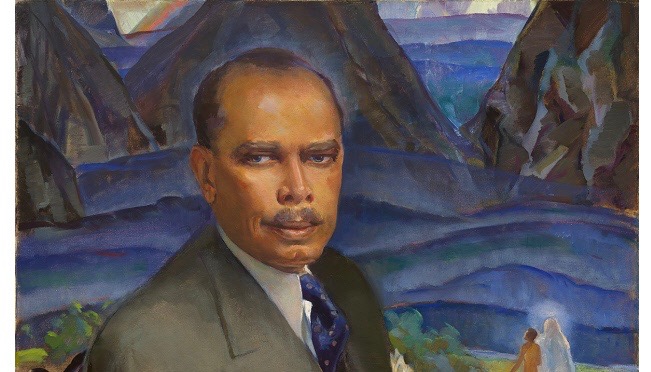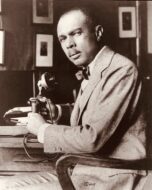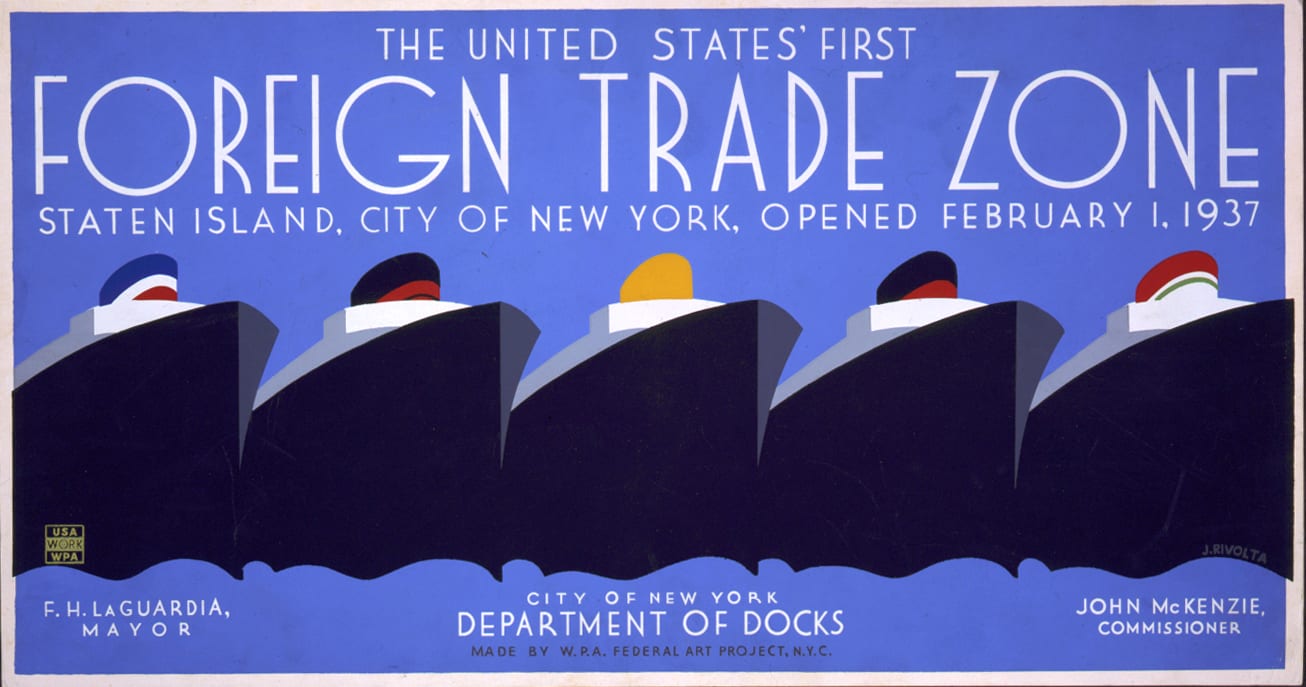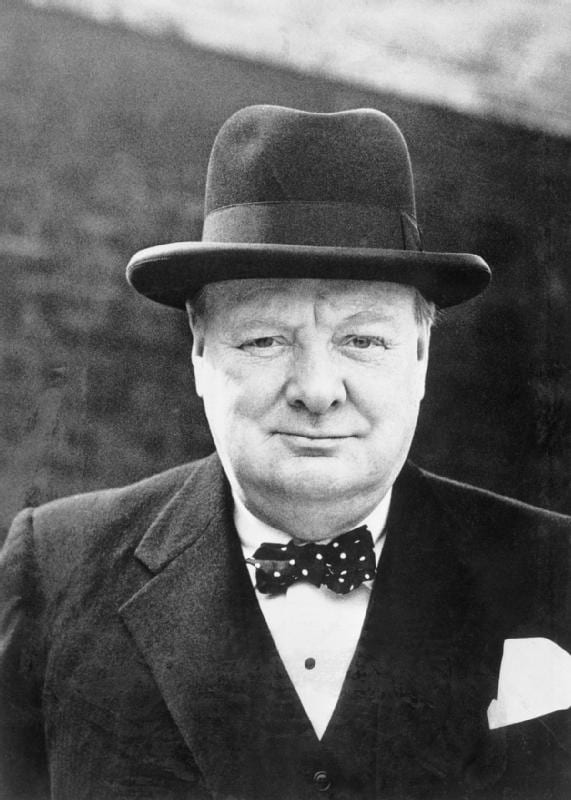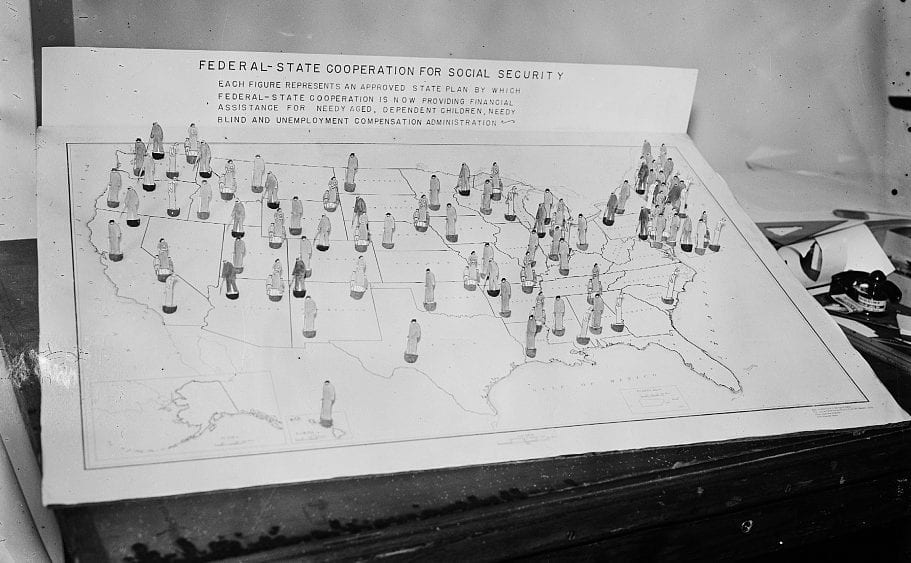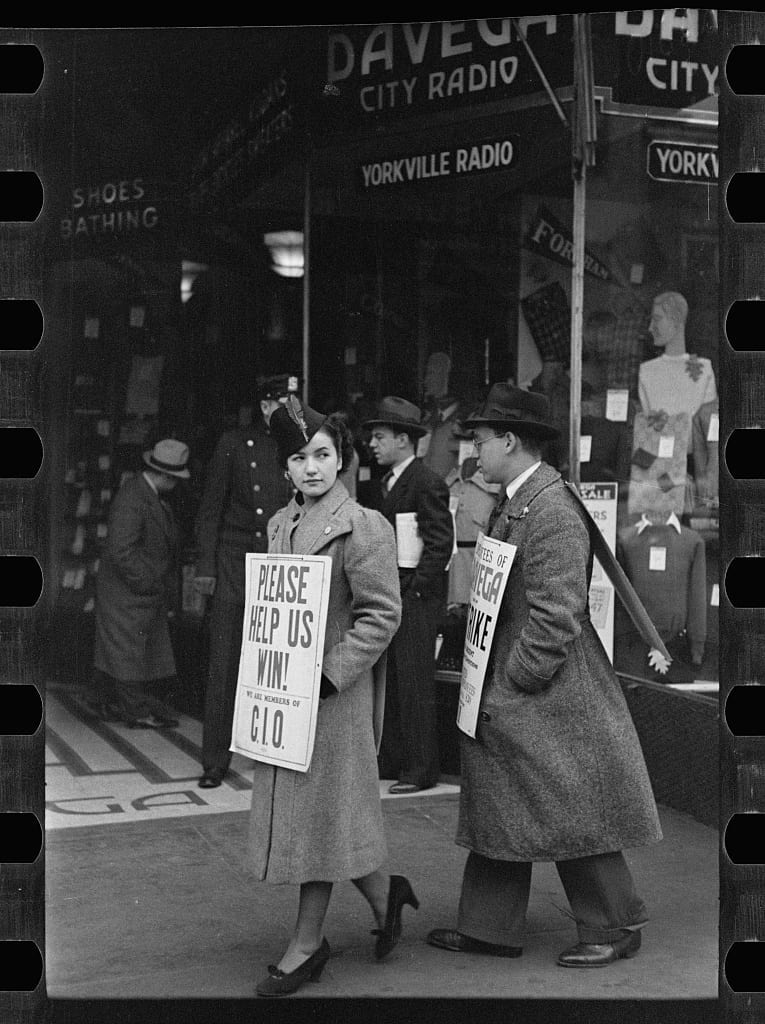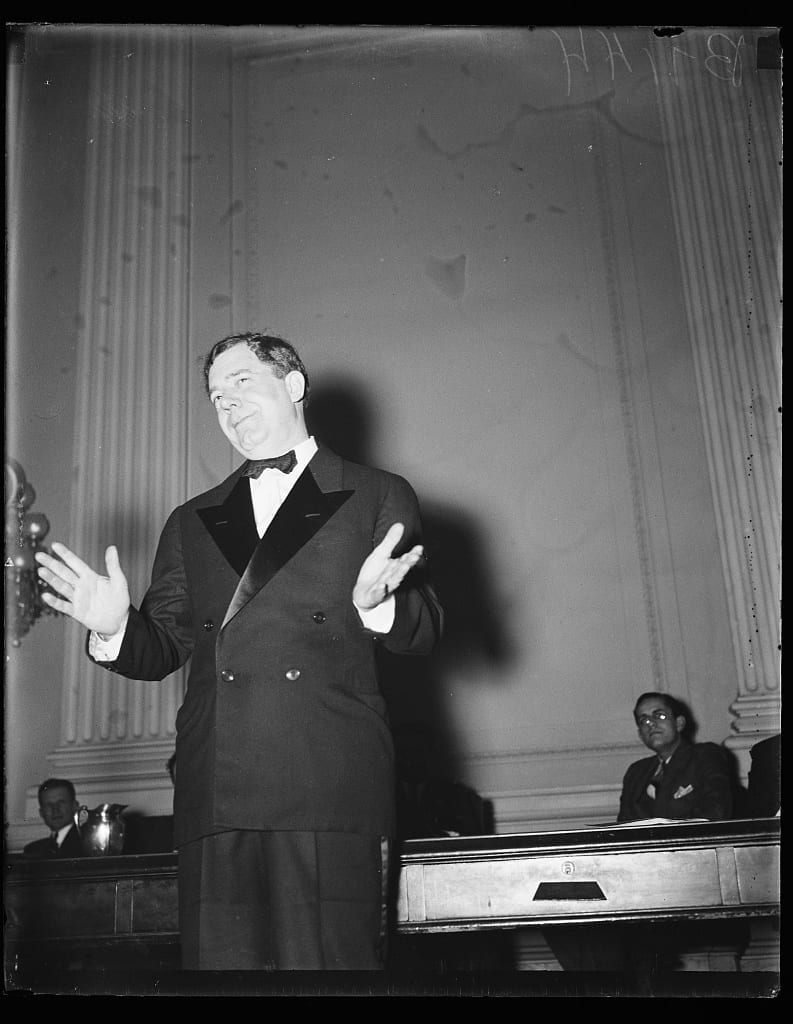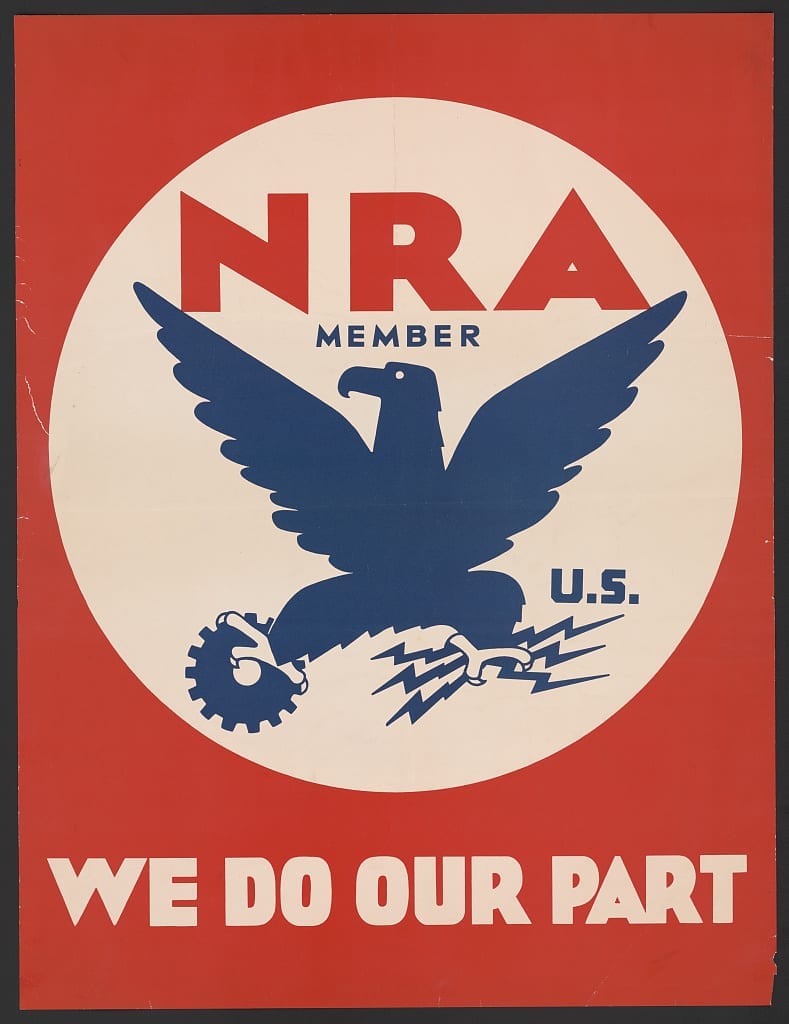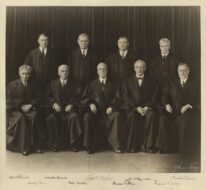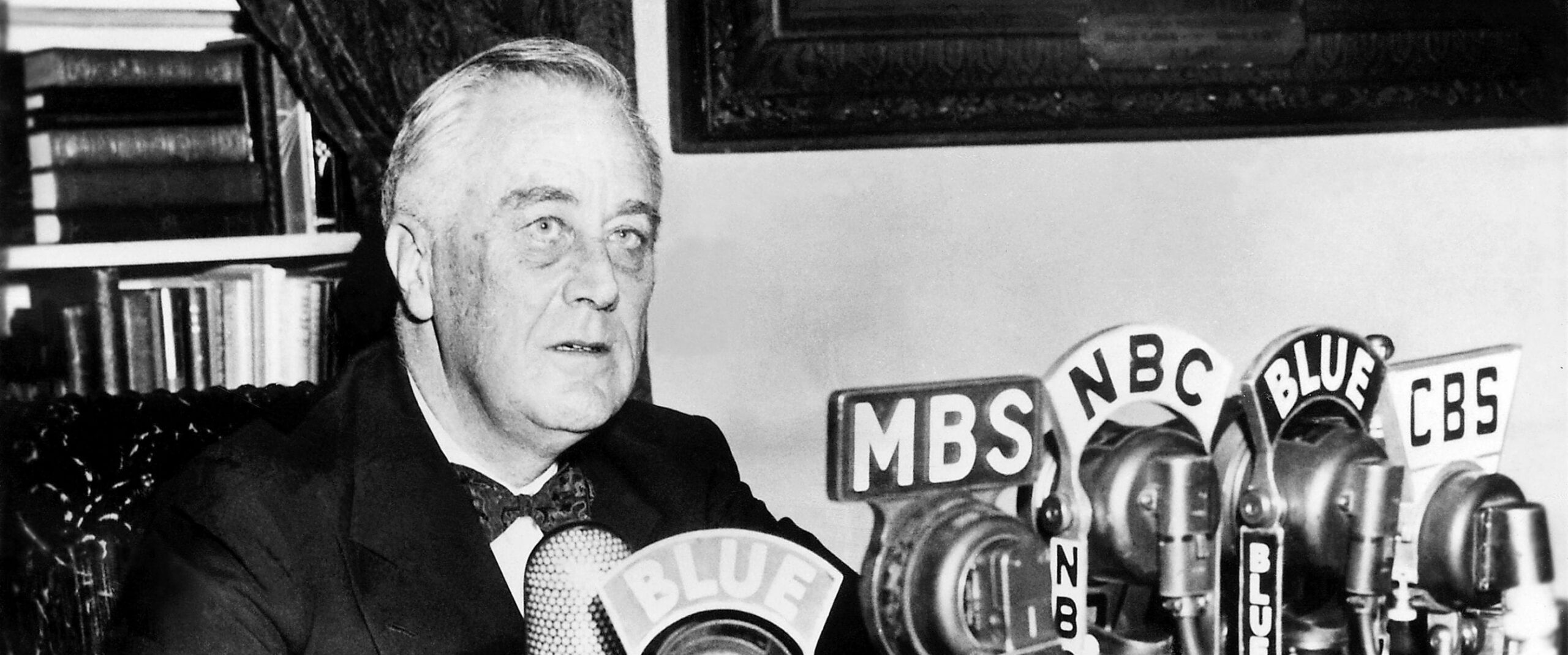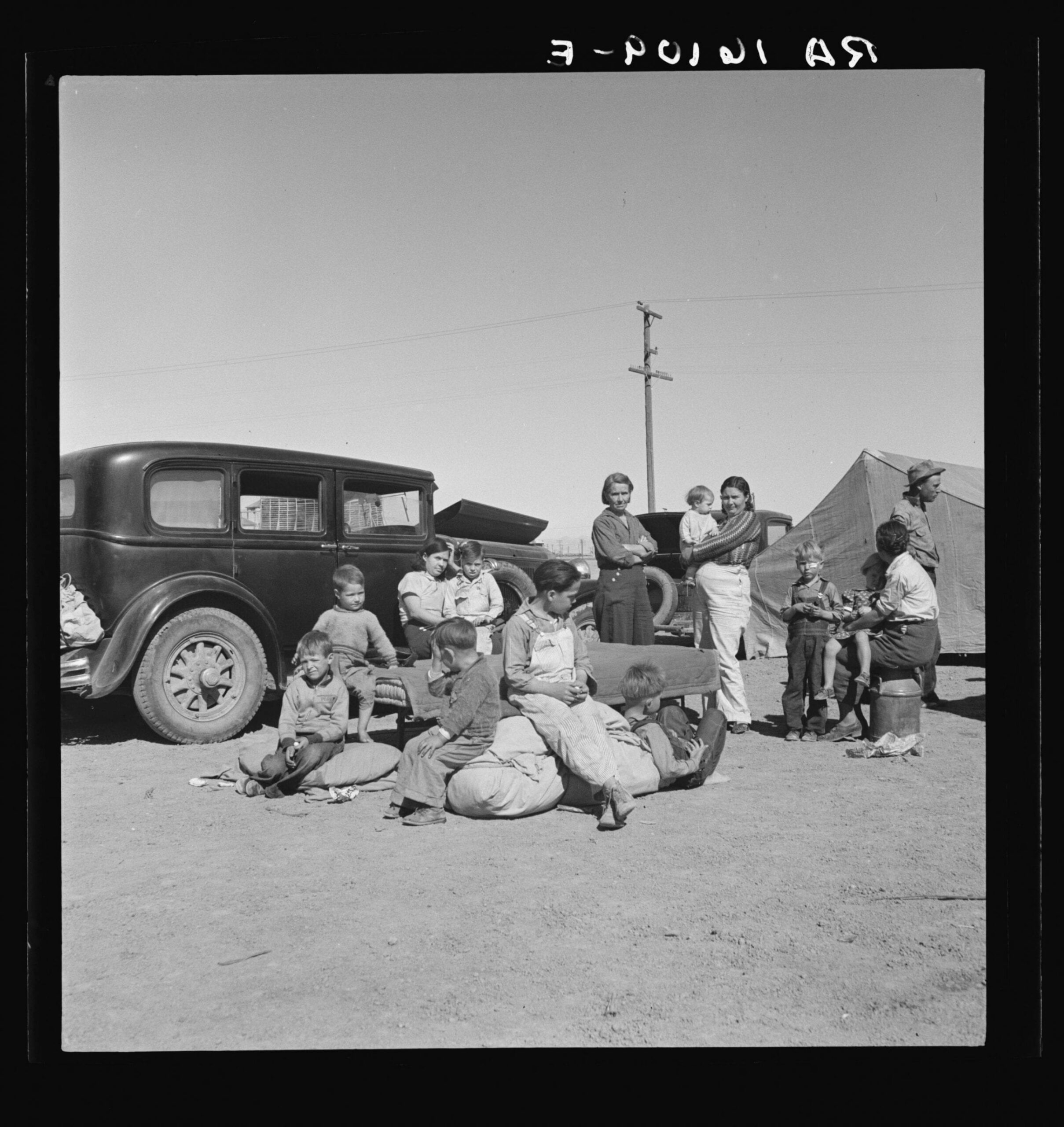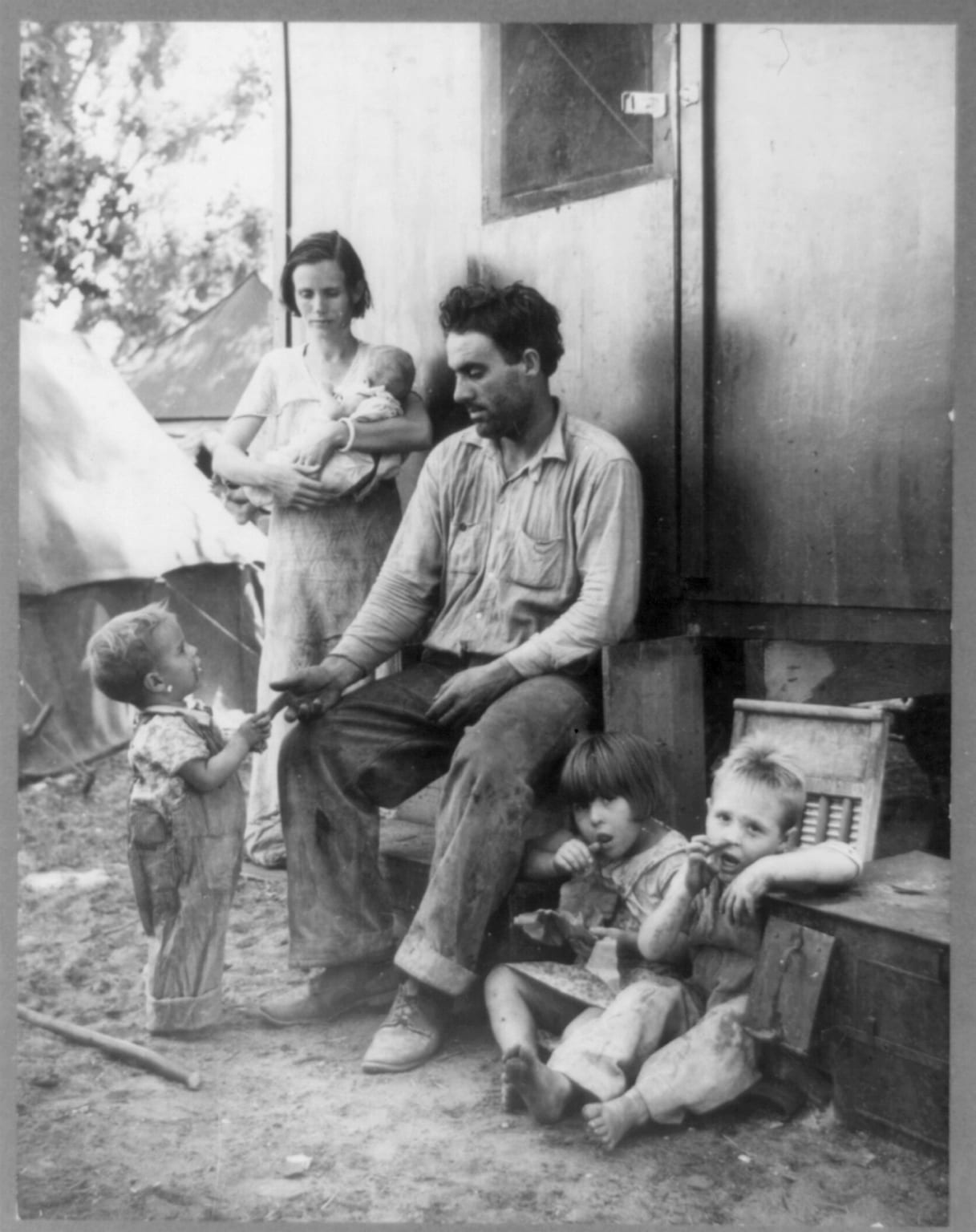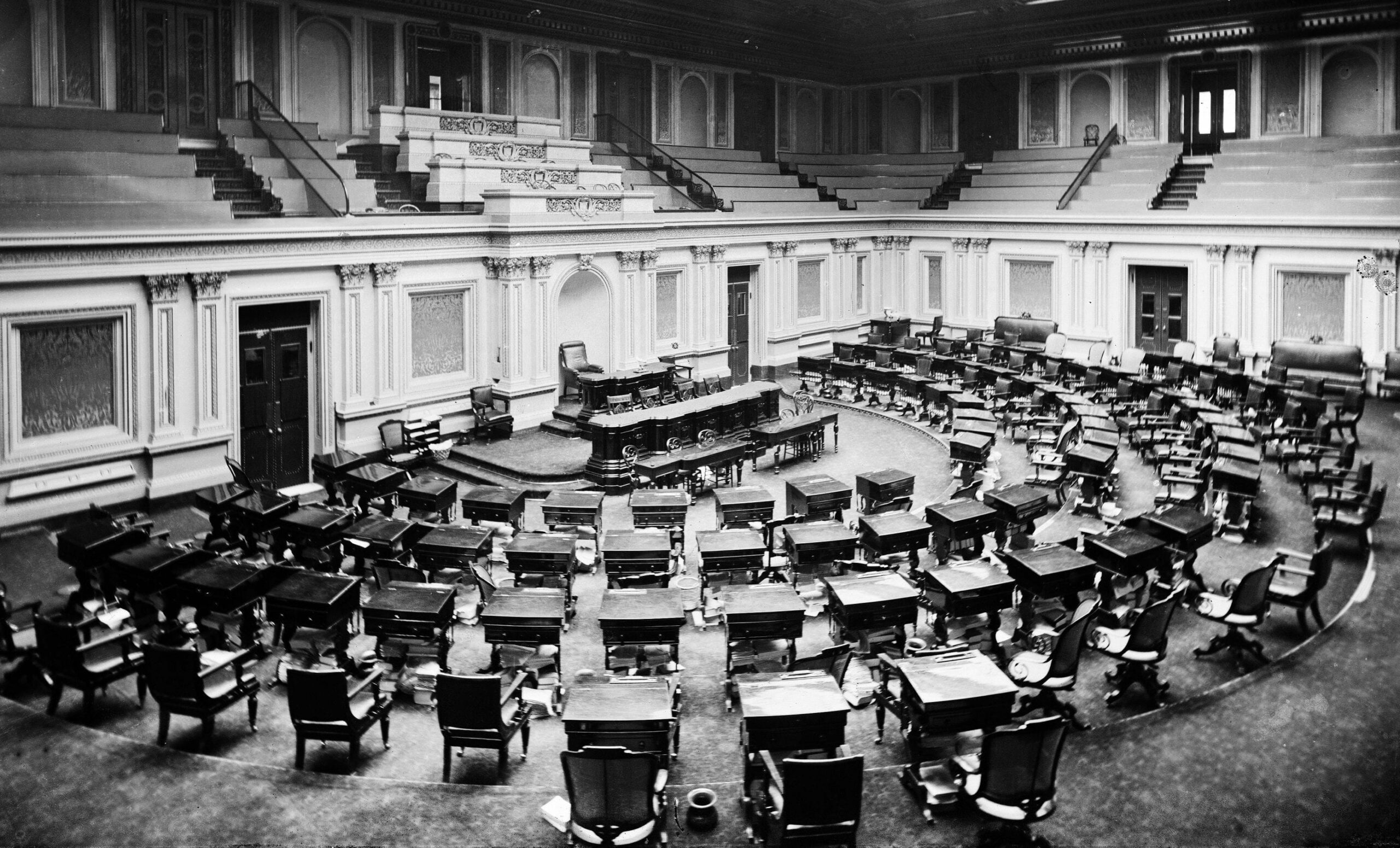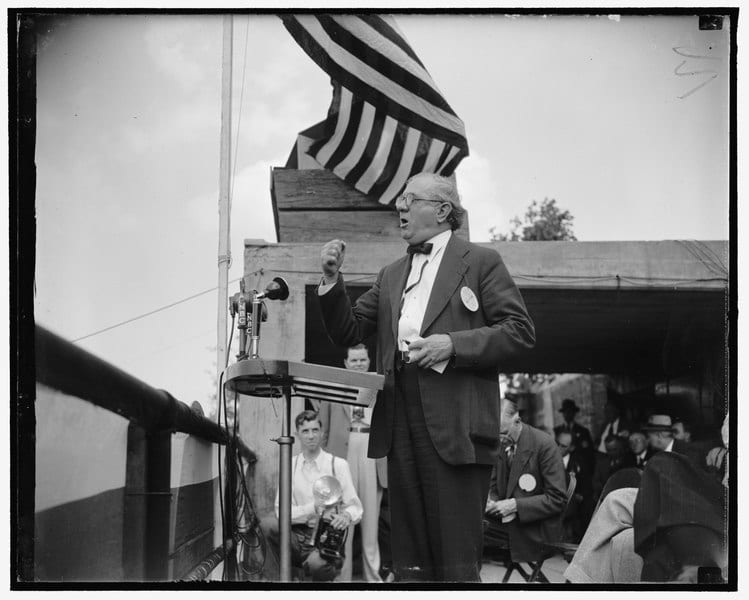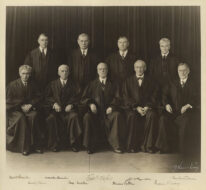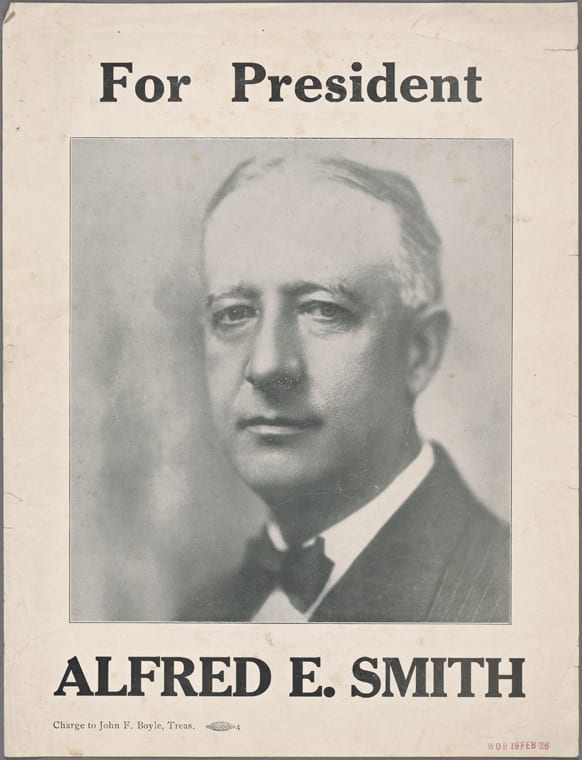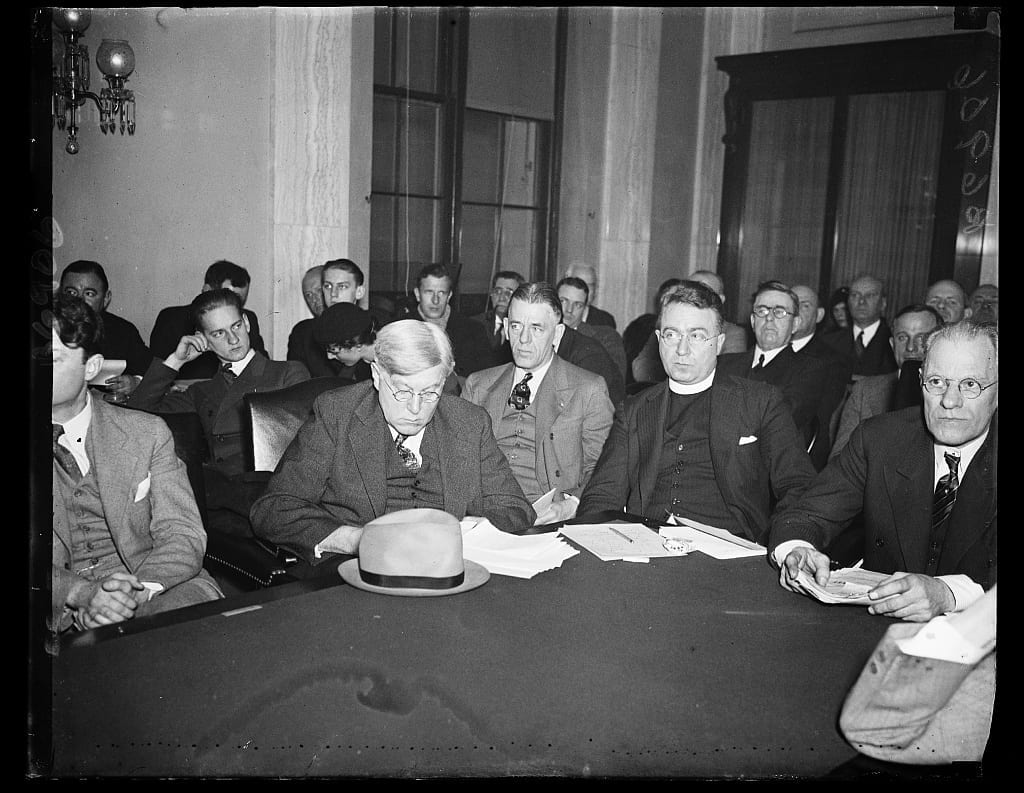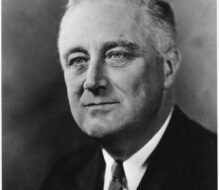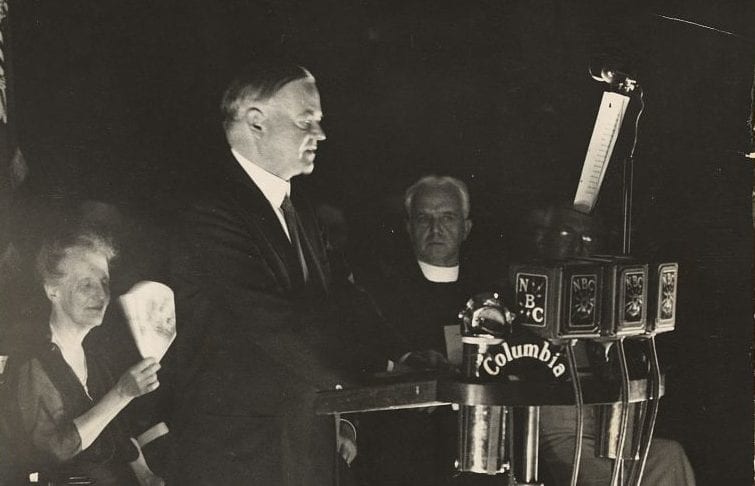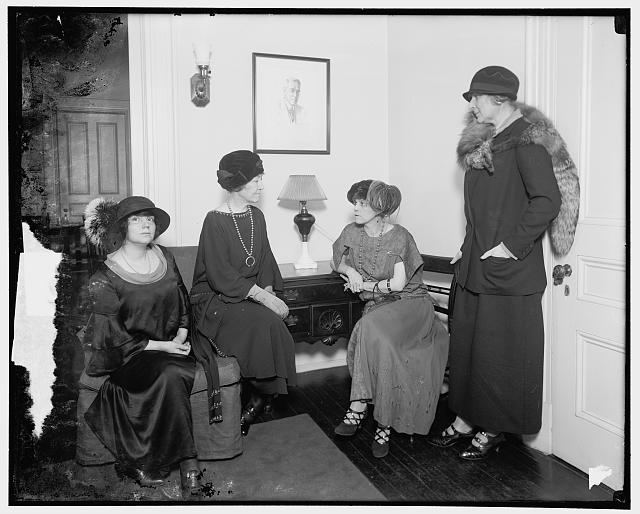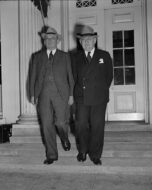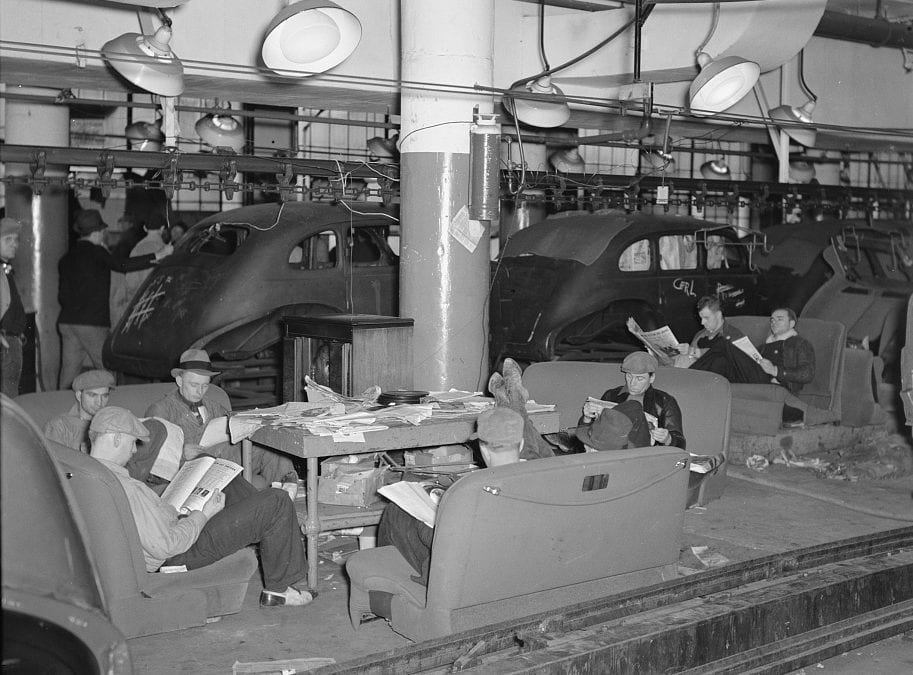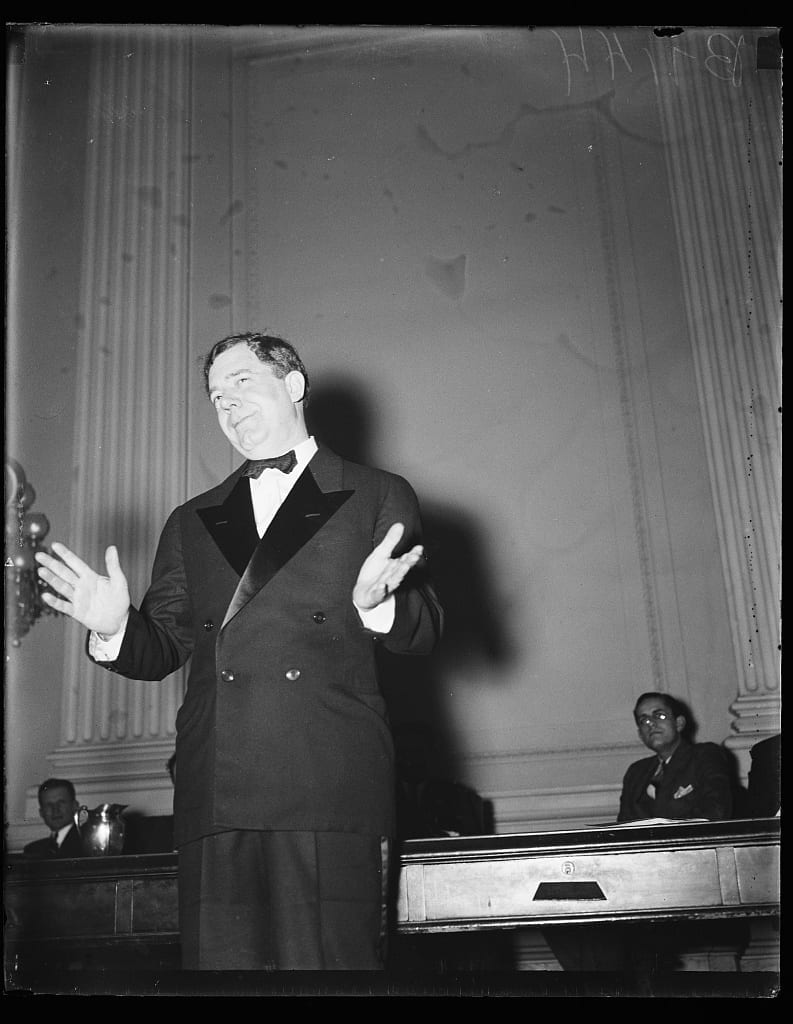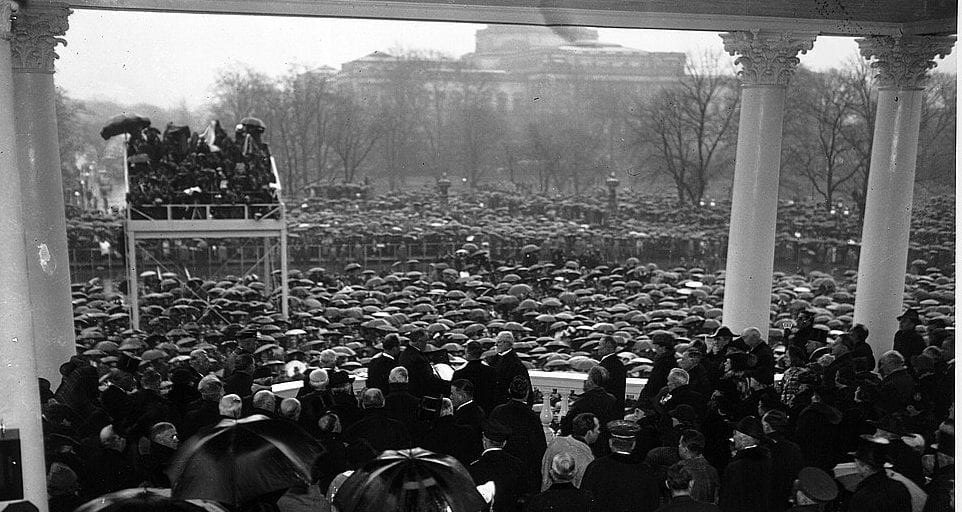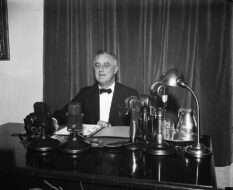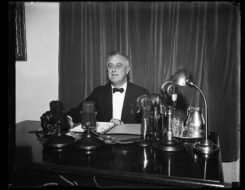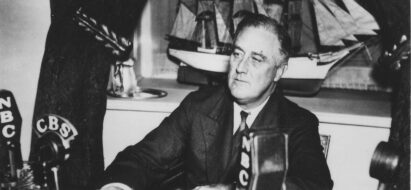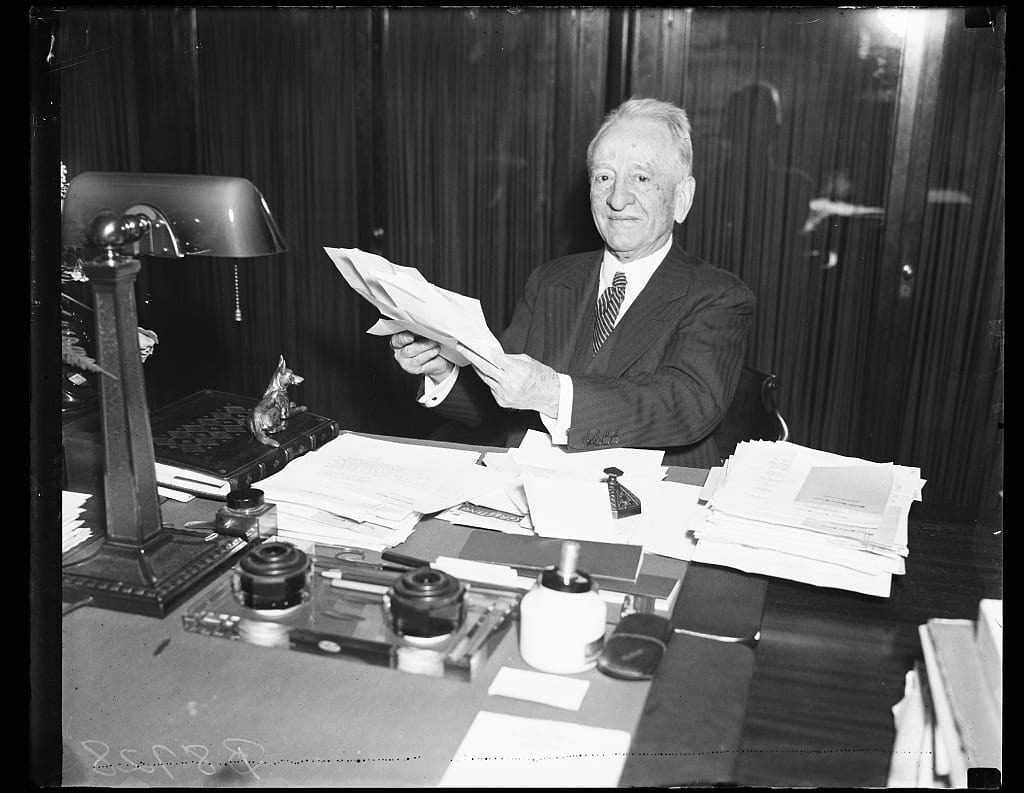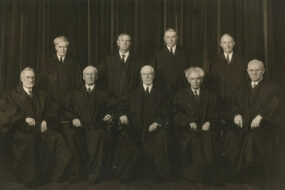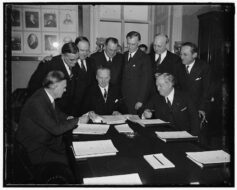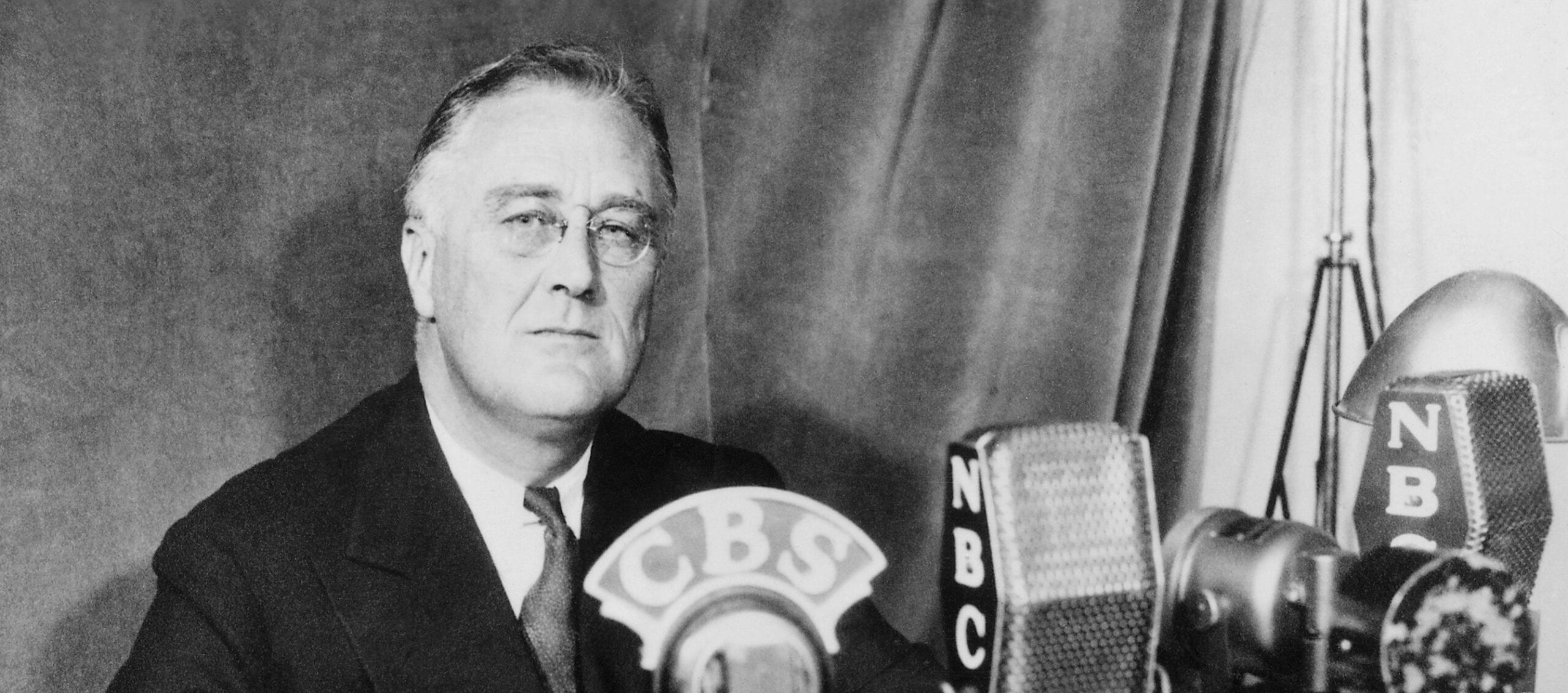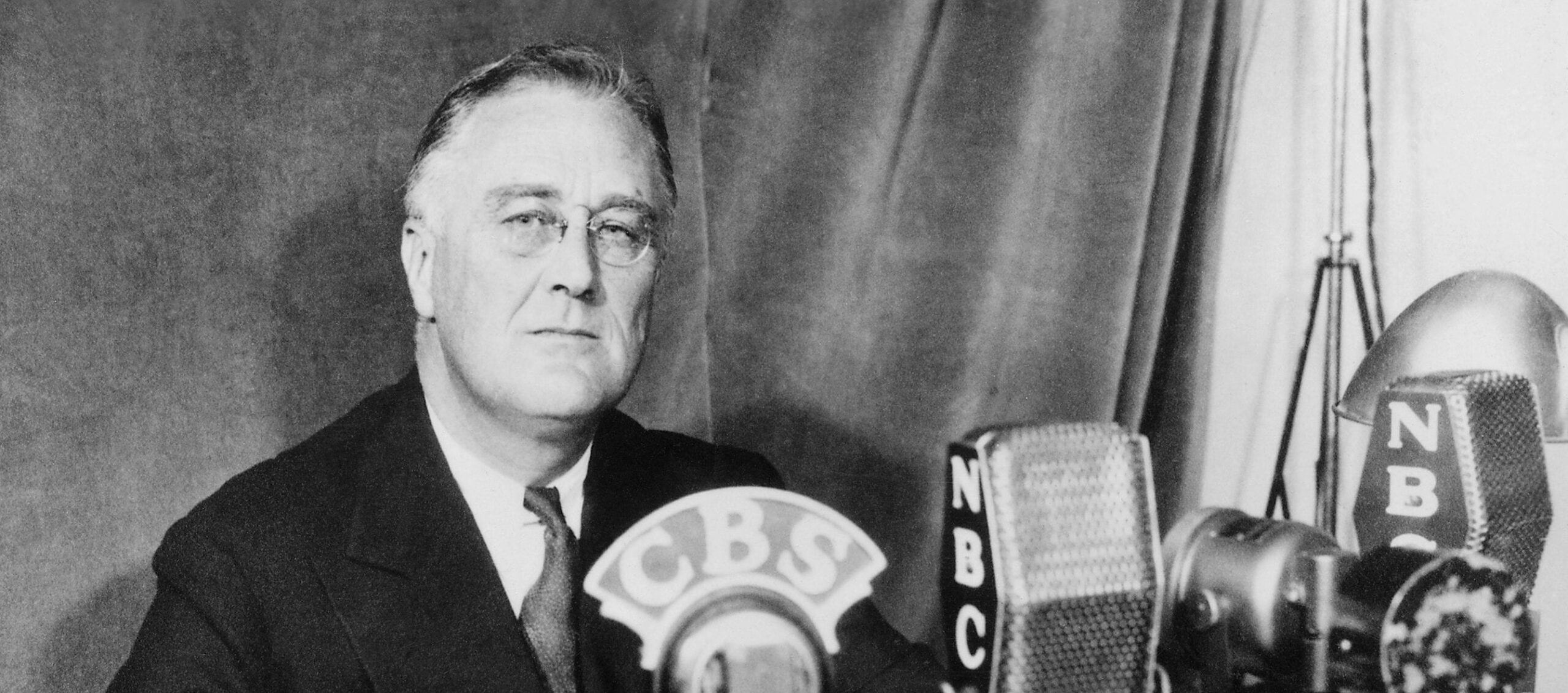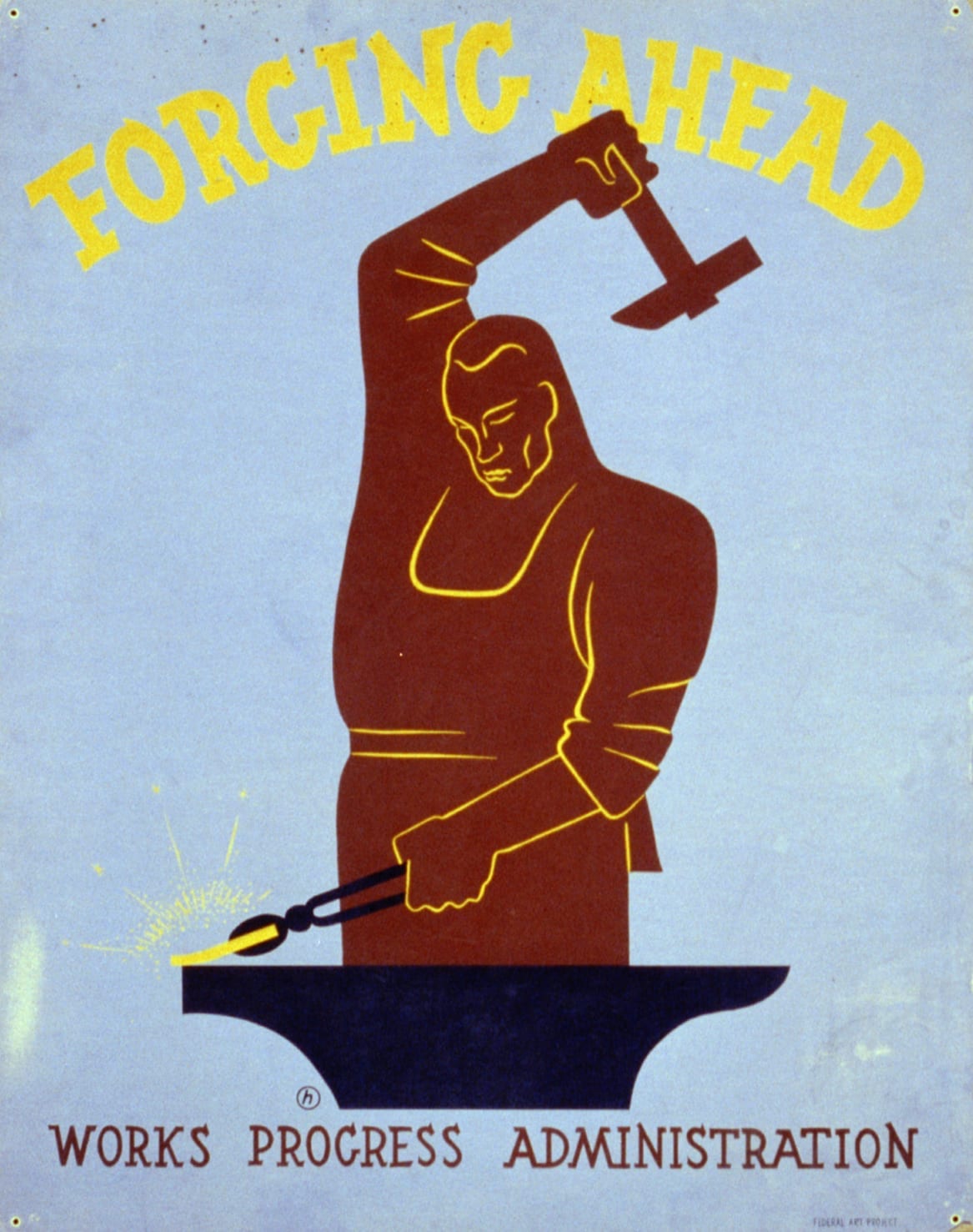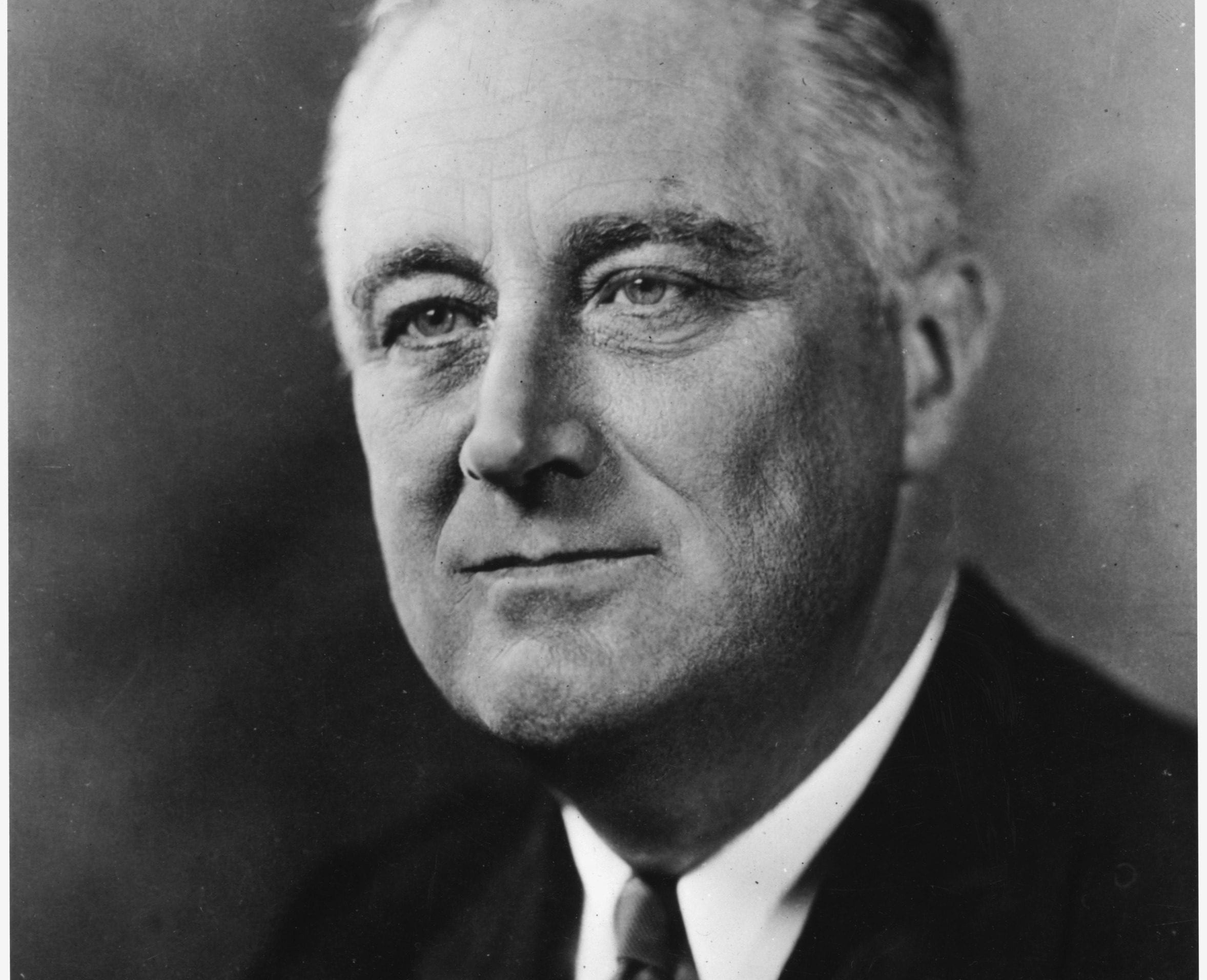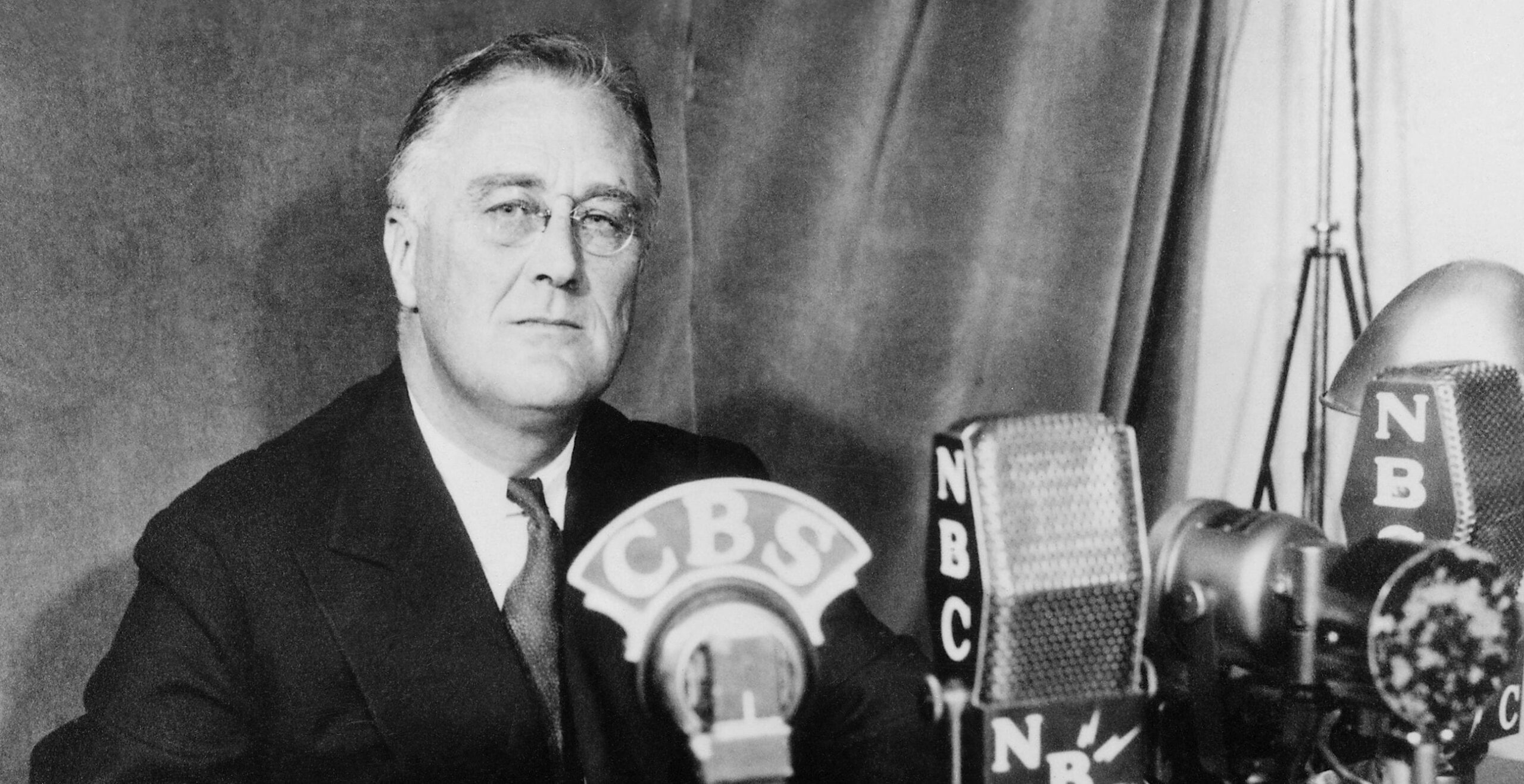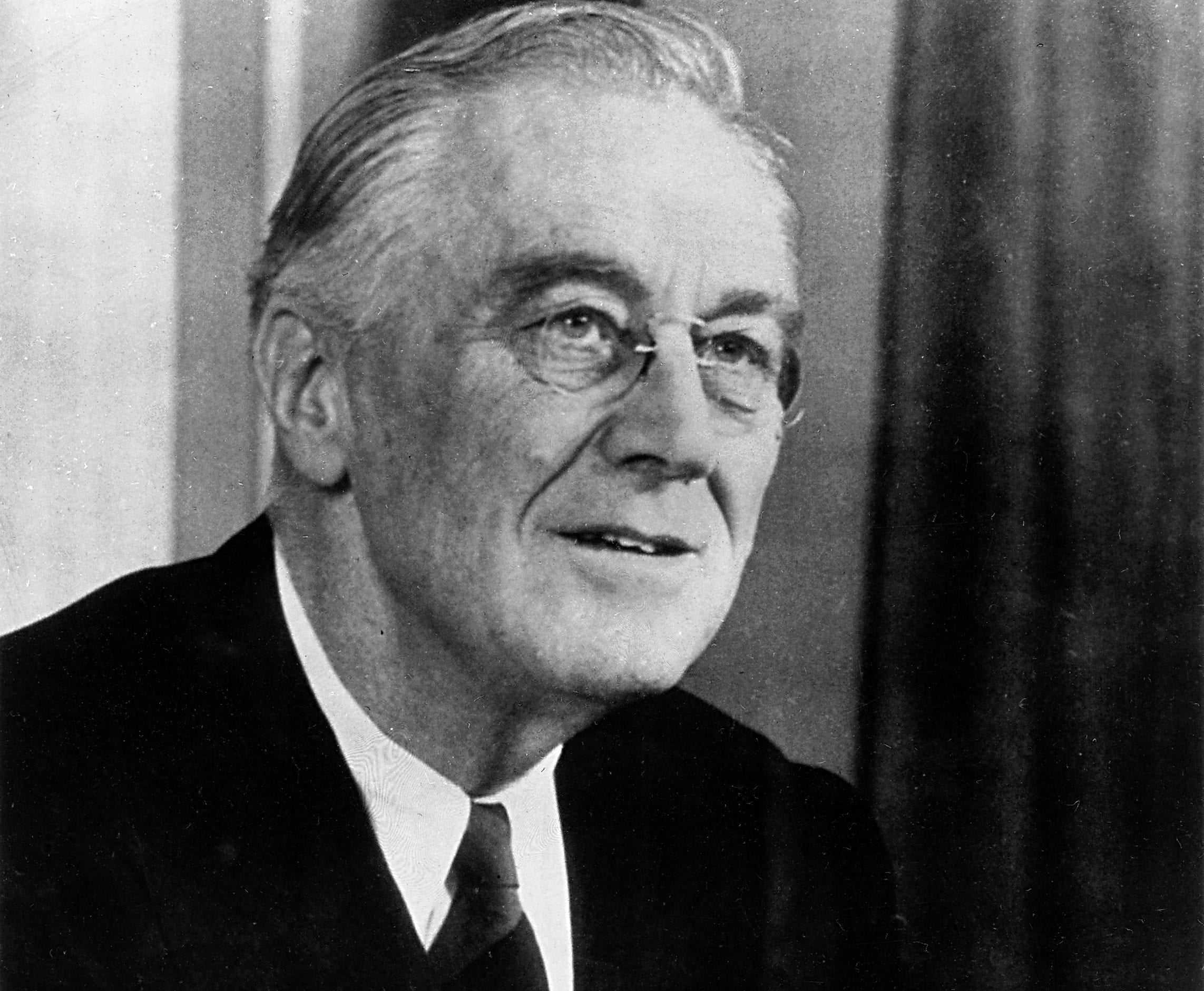

No related resources
Introduction
The Fair Labor Standards Act of 1938 was a direct consequence of the 1935 Schechter decision, in which the Supreme Court declared the National Industrial Recovery Act to be unconstitutional (Schechter Poultry Corp. v. United States (1935)). The Court had done this on two grounds: Congress had no jurisdiction over economic activity that was not clearly part of interstate commerce; and Congress could not surrender its legislative authority to an agency of the executive branch. Two years later, however, in National Labor Relations Board v. Jones, the Court reversed itself on the question of interstate commerce, effectively broadening its interpretation of the “Commerce Clause” (Article 1, Section 8, Clause 3 of the Constitution) so as to include virtually any economic activity. This opened the door to new legislation regulating the conditions of labor, so long as it clearly came from Congress, and not any executive agency. President Roosevelt formally asked Congress to pass such a law in the following speech, which he delivered in late May 1937.
The Fair Labor Standards Act set a minimum wage of twenty-five cents per hour, with a series of scheduled increases to raise it to forty cents by 1945. It also established a maximum work week of forty-four hours, to be reduced gradually to forty hours by 1940; employers who wanted their employees to work beyond that were forced to pay 50 percent more (“time and a half for overtime”). Finally, the law prohibited the employment of children under sixteen years of age.
Source: Franklin D. Roosevelt, “Message to Congress on Establishing Minimum Wages and Maximum Hours.” Online by Gerhard Peters and John T. Woolley, The American Presidency Project. http://www.presidency.ucsb.edu/ws/?pid=15405.
The time has arrived for us to take further action to extend the frontiers of social progress. Such further action initiated by the legislative branch of the government, administered by the executive, and sustained by the judicial, is within the common sense framework and purpose of our Constitution and receives beyond doubt the approval of our electorate.
The overwhelming majority of our population earns its daily bread either in agriculture or in industry. One-third of our population, the overwhelming majority of which is in agriculture or industry, is ill-nourished, ill-clad and ill-housed.
The overwhelming majority of this Nation has little patience with that small minority which vociferates today that prosperity has returned, that wages are good, that crop prices are high and that government should take a holiday.
The truth of the matter, of course, is that the exponents of the theory of private initiative as the cure for deep-seated national ills want in most cases to improve the lot of mankind. But, well intentioned as they may be, they fail for four evident reasons – first, they see the problem from the point of view of their own business; second, they see the problem from the point of view of their own locality or region; third, they cannot act unanimously because they have no machinery for agreeing among themselves; and, finally, they have no power to bind the inevitable minority of chiselers within their own ranks.
Though we may go far in admitting the innate decency of this small minority, the whole story of our Nation proves that social progress has too often been fought by them. In actual practice it has been effectively advanced only by the passage of laws by state legislatures or the National Congress.
Today, you and I are pledged to take further steps to reduce the lag in the purchasing power of industrial workers and to strengthen and stabilize the markets for the farmers’ products. The two go hand in hand. Each depends for its effectiveness upon the other. Both working simultaneously will open new outlets for productive capital. Our Nation so richly endowed with natural resources and with a capable and industrious population should be able to devise ways and means of insuring to all our able-bodied working men and women a fair day’s pay for a fair day’s work. A self-supporting and self-respecting democracy can plead no justification for the existence of child labor, no economic reason for chiseling workers’ wages or stretching workers’ hours.
Enlightened business is learning that competition ought not to cause bad social consequences which inevitably react upon the profits of business itself. All but the hopelessly reactionary will agree that to conserve our primary resources of man power, government must have some control over maximum hours, minimum wages, the evil of child labor and the exploitation of unorganized labor. . . .
One of the primary purposes of the formation of our federal union was to do away with the trade barriers between the states. To the Congress and not to the states was given the power to regulate commerce among the several states. Congress cannot interfere in local affairs[,] but when goods pass through the channels of commerce from one state to another they become subject to the power of the Congress, and the Congress may exercise that power to recognize and protect the fundamental interests of free labor.
And so to protect the fundamental interests of free labor and a free people we propose that only goods which have been produced under conditions which meet the minimum standards of free labor shall be admitted to interstate commerce. Goods produced under conditions which do not meet rudimentary standards of decency should be regarded as contraband and ought not to be allowed to pollute the channels of interstate trade.
These rudimentary standards will of necessity at the start fall far short of the ideal. Even in the treatment of national problems there are geographical and industrial diversities which practical statesmanship cannot wholly ignore. Backward labor conditions and relatively progressive labor conditions cannot be completely assimilated and made uniform at one fell swoop without creating economic dislocations. . . .
Allowing for a few exceptional trades and permitting longer hours on the payment of time and a half for overtime, it should not be difficult to define a general maximum working week. Allowing for appropriate qualifications and general classifications by administrative action, it should also be possible to put some floor below which the wage ought not to fall. There should be no difficulty in ruling out the products of the labor of children from any fair market. And there should also be little dispute when it comes to ruling out of the interstate markets products of employers who deny to their workers the right of self-organization and collective bargaining, whether through the fear of labor spies, the bait of company unions, or the use of strikebreakers. The abuses disclosed by the investigations of the Senate must be promptly curbed.[1]
With the establishment of these rudimentary standards as a base we must seek to build up, through appropriate administrative machinery, minimum wage standards of fairness and reasonableness, industry by industry, having due regard to local and geographical diversities and to the effect of unfair labor conditions upon competition in interstate trade and upon the maintenance of industrial peace. . . .
As we move resolutely to extend the frontiers of social progress, we must be guided by practical reason and not by barren formulae. We must ever bear in mind that our objective is to improve and not to impair the standard of living of those who are now undernourished, poorly clad and ill-housed.
We know that over-work and under-pay do not increase the national income when a large portion of our workers remain unemployed. Reasonable and flexible use of the long established right of government to set and to change working hours can, I hope, decrease unemployment in those groups in which unemployment today principally exists.
Our problem is to work out in practice those labor standards which will permit the maximum but prudent employment of our human resources to bring within the reach of the average man and woman a maximum of goods and of services conducive to the fulfillment of the promise of American life.
Legislation can, I hope, be passed at this session of the Congress further to help those who toil in factory and on farm. We have promised it. We cannot stand still.
- 1. Probably a reference to the investigations led by Robert M. La Follette (R-Wisconsin) into anti-union activities.

Conversation-based seminars for collegial PD, one-day and multi-day seminars, graduate credit seminars (MA degree), online and in-person.
